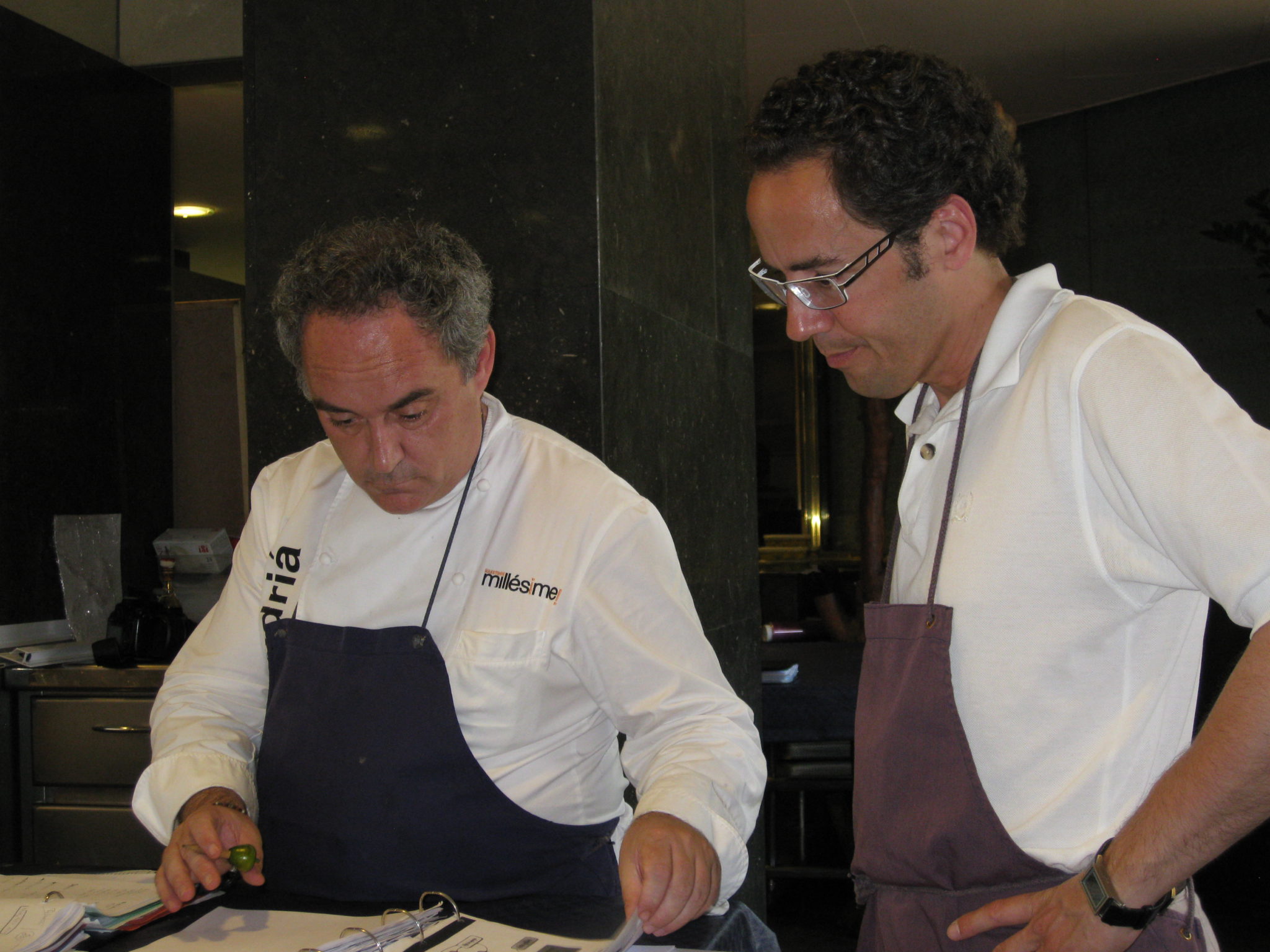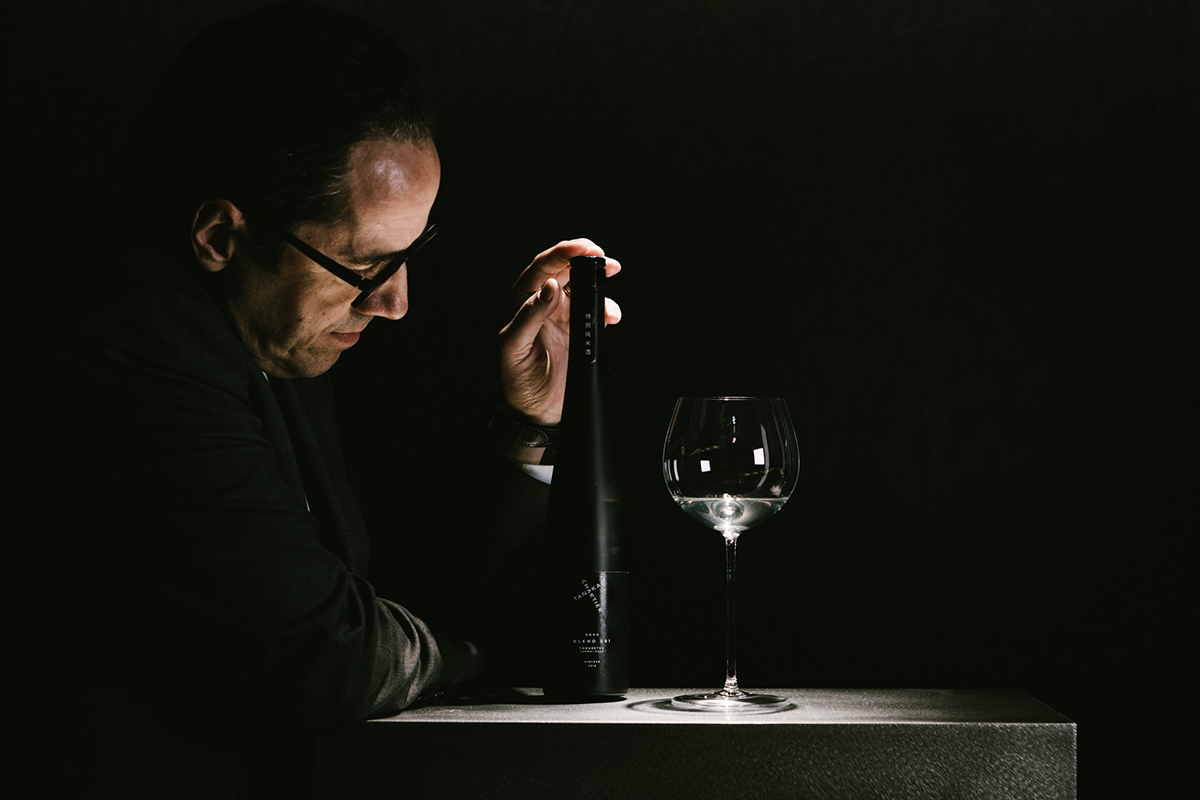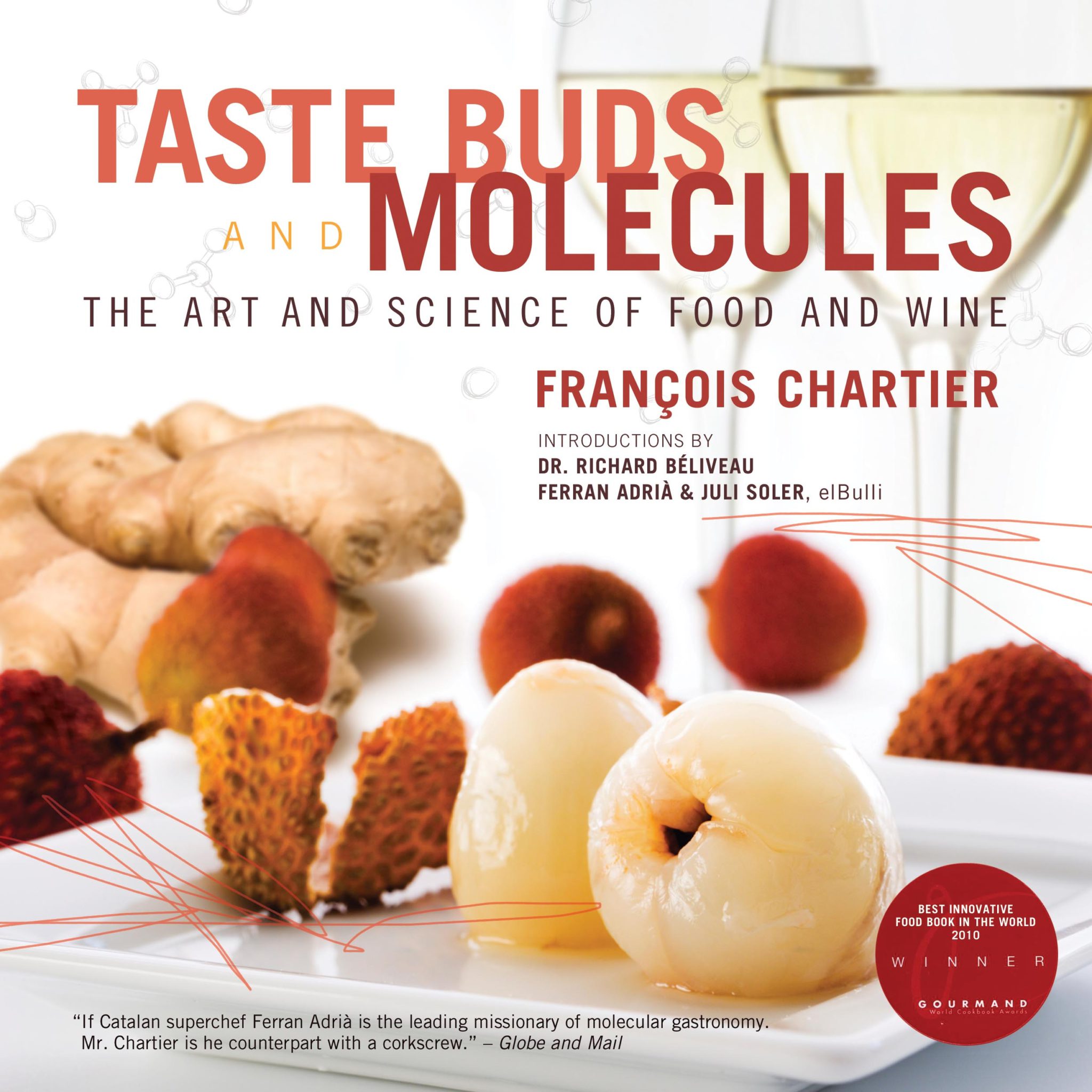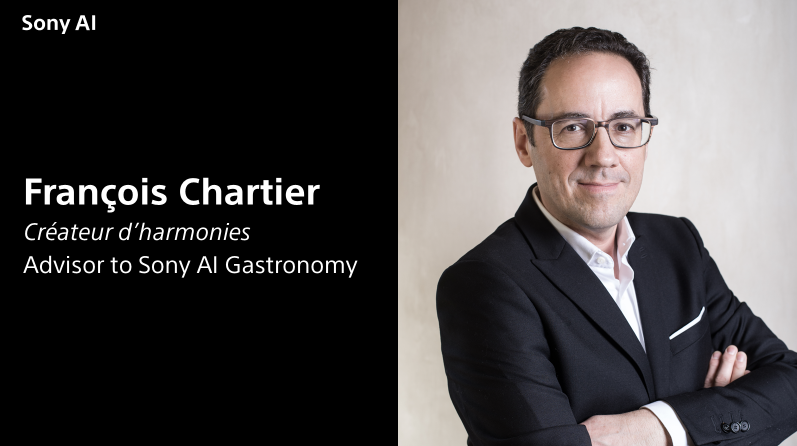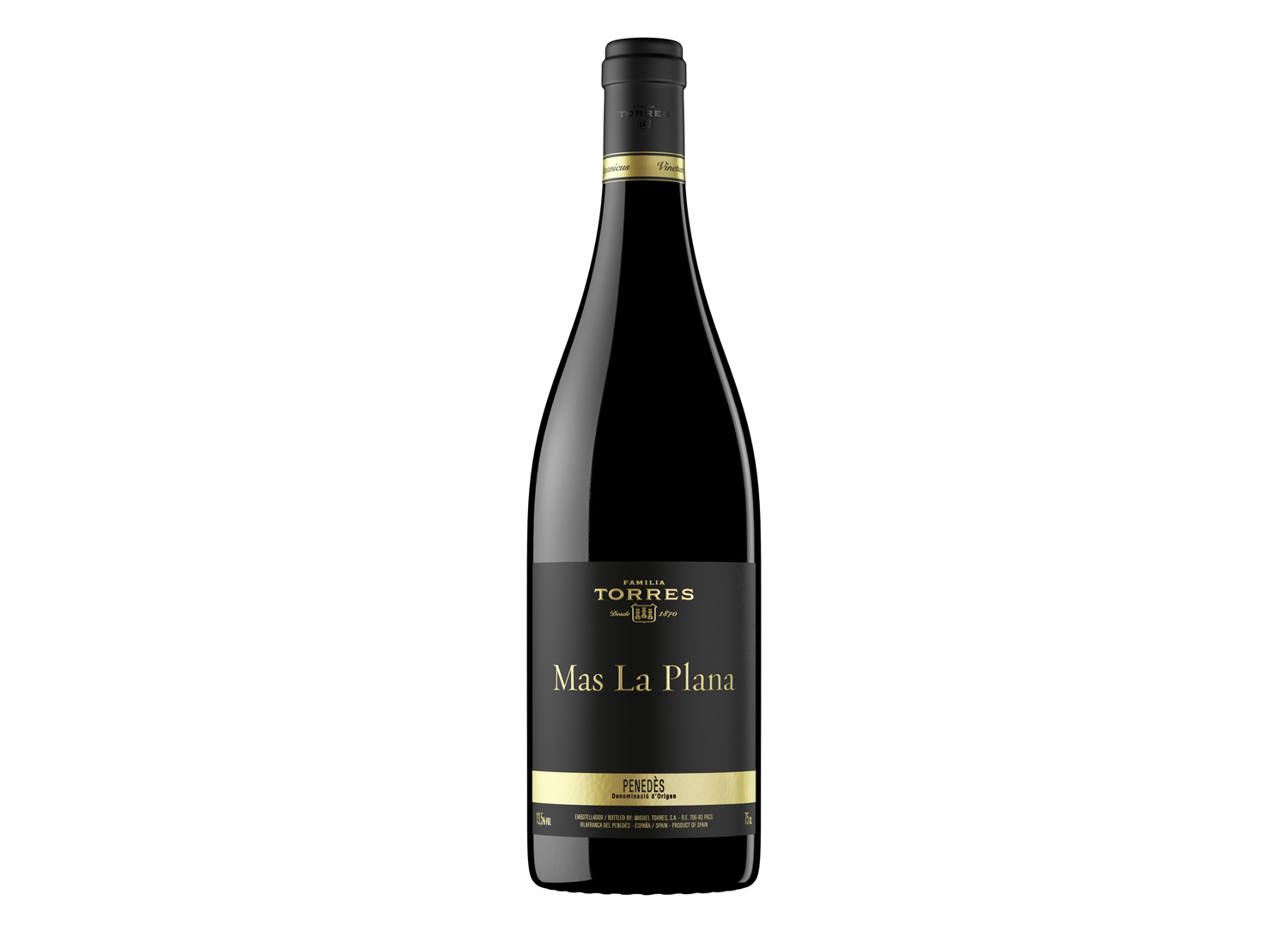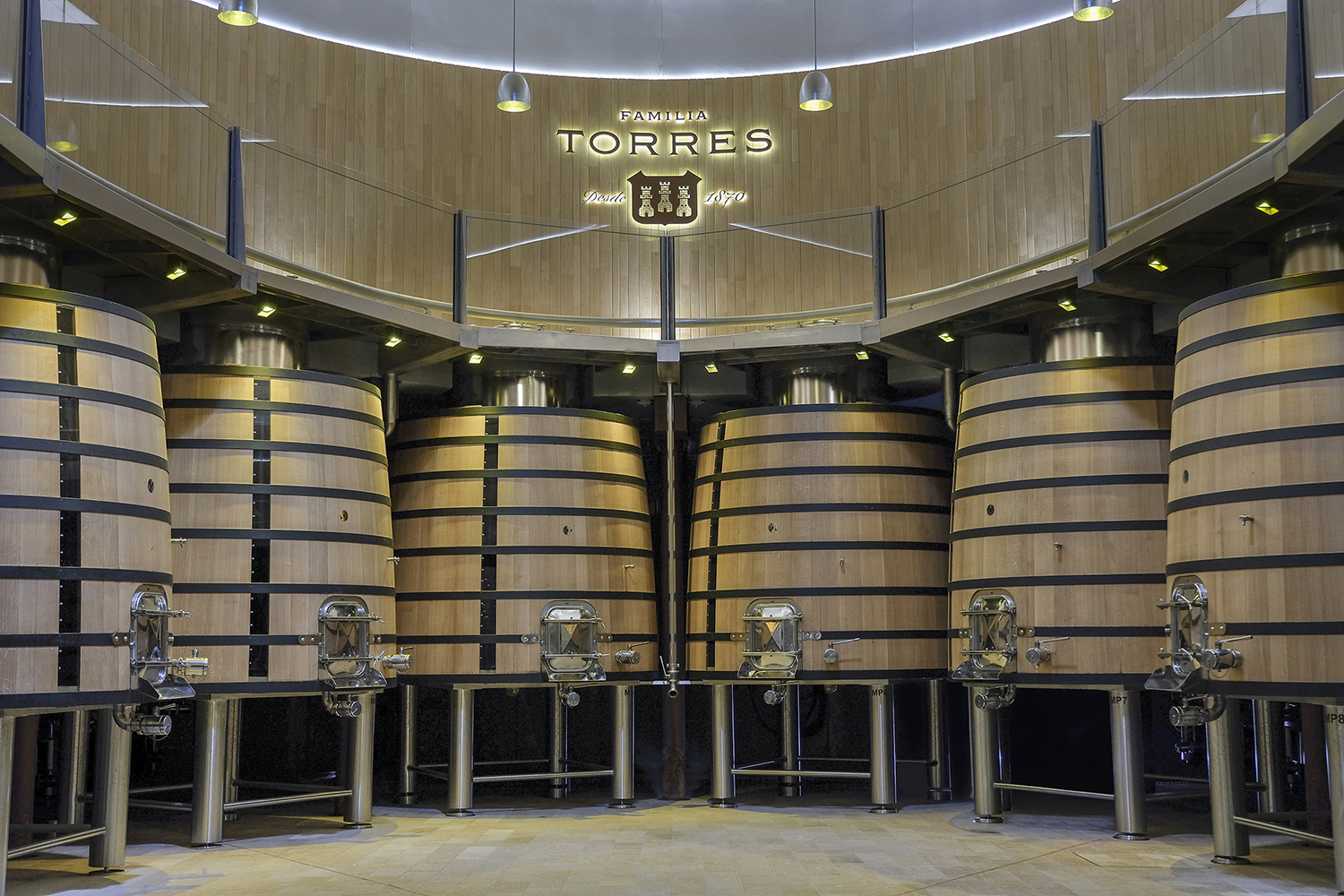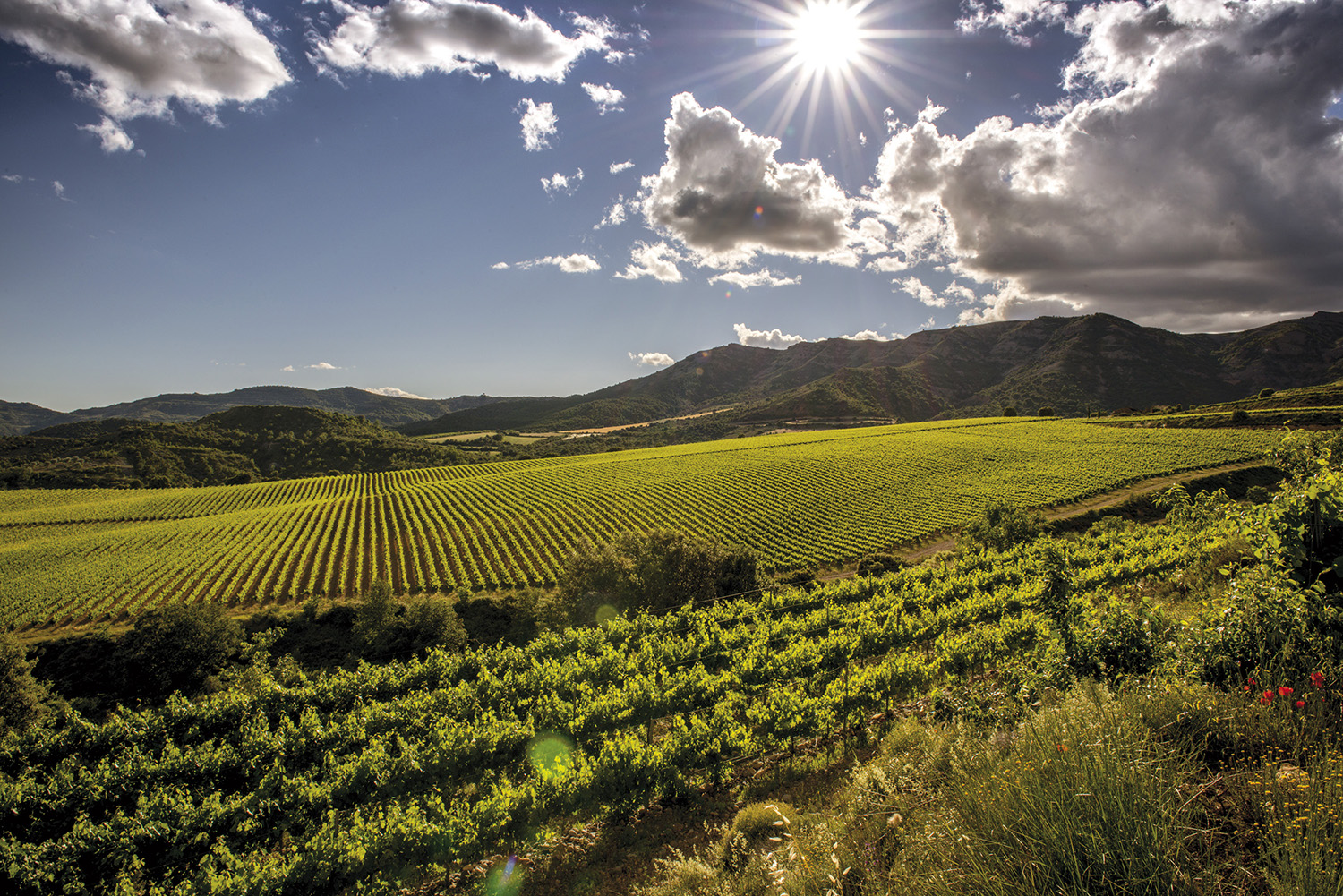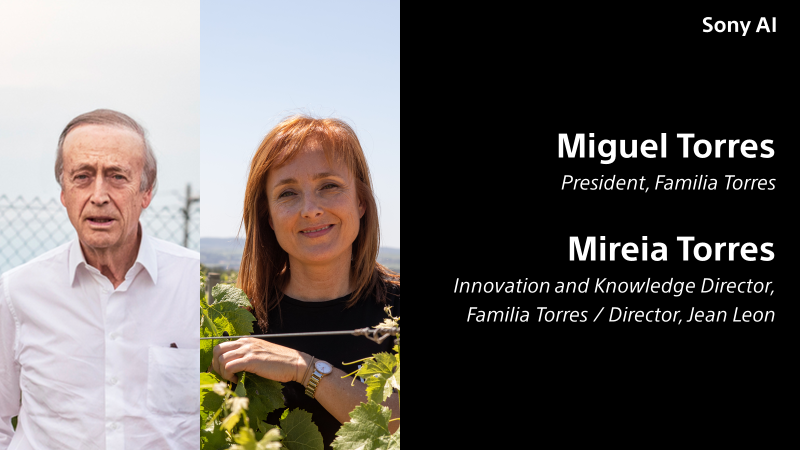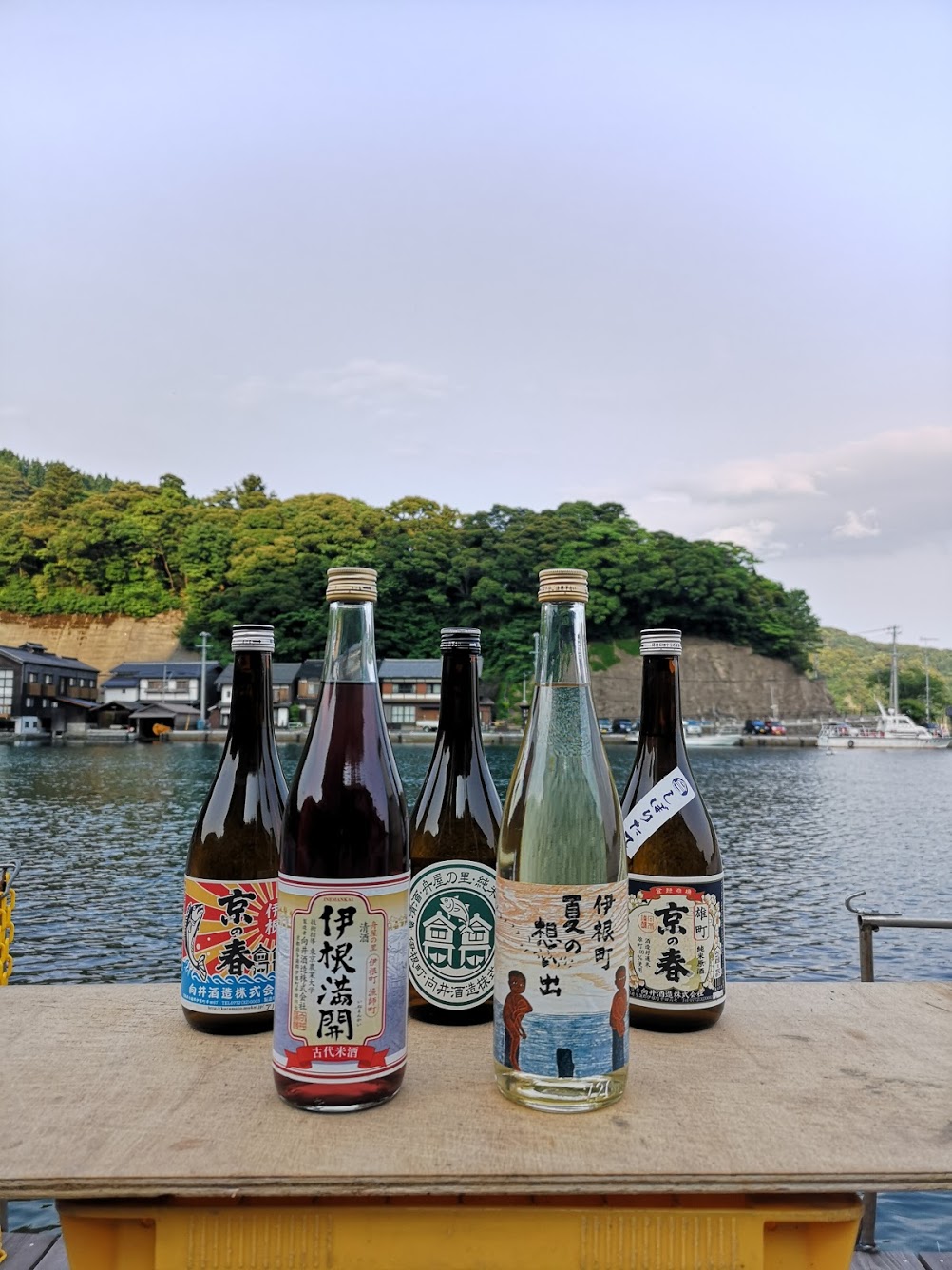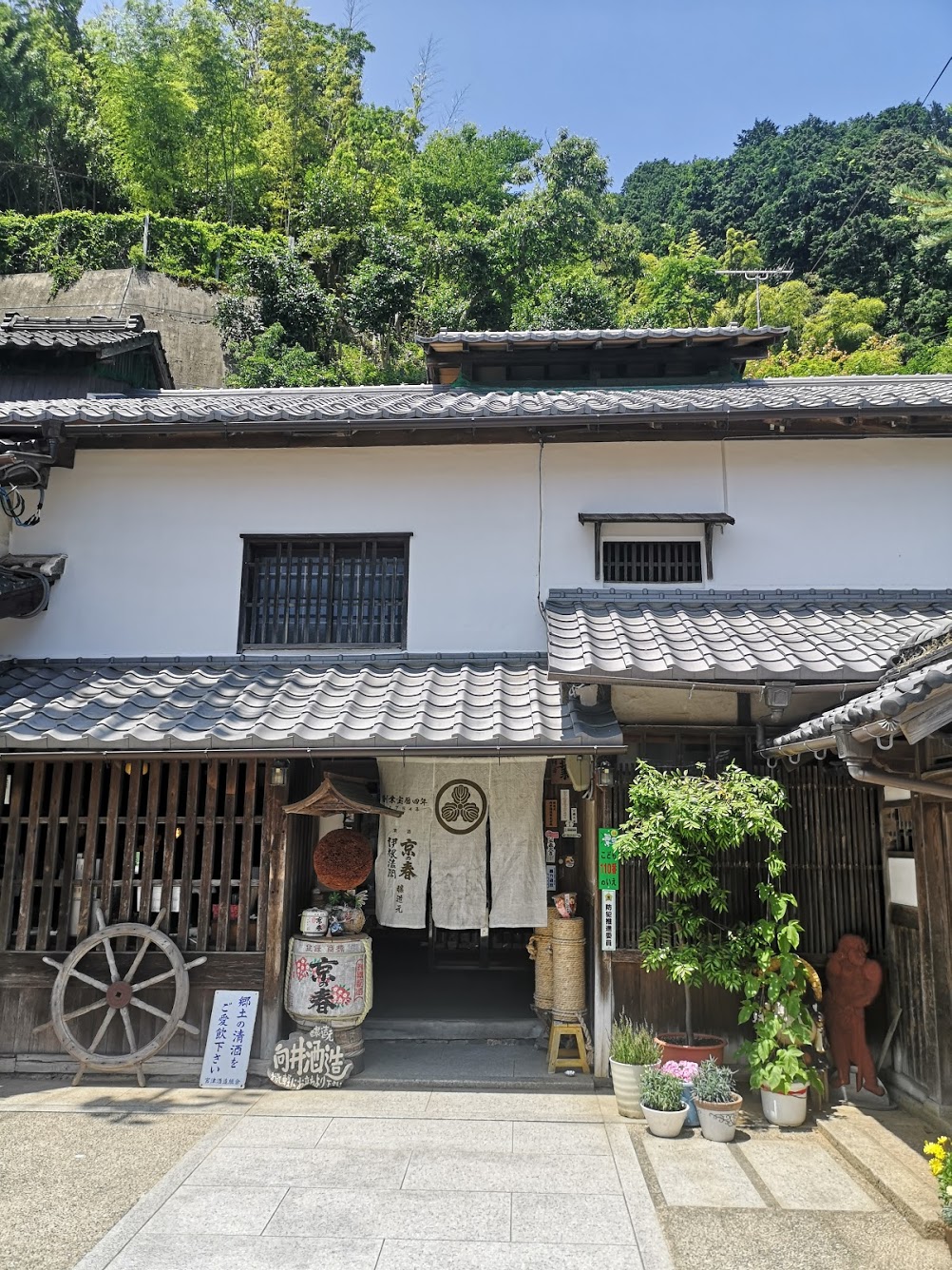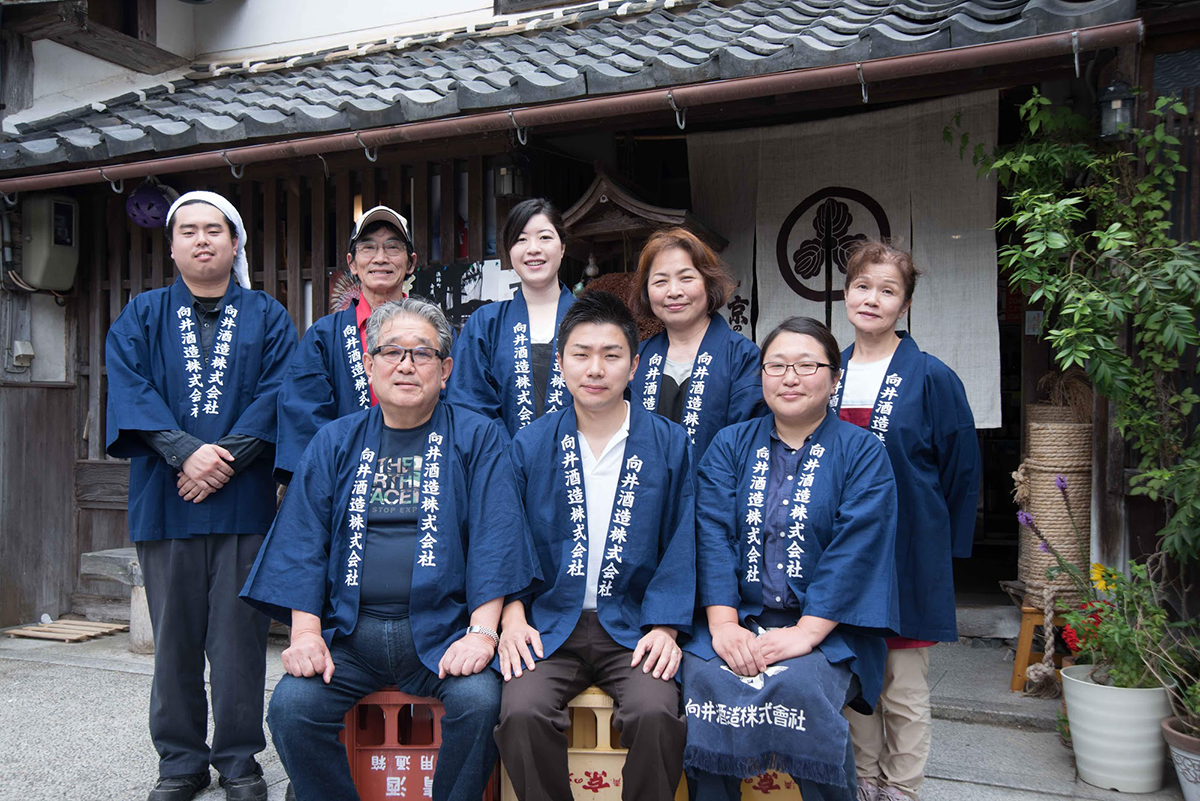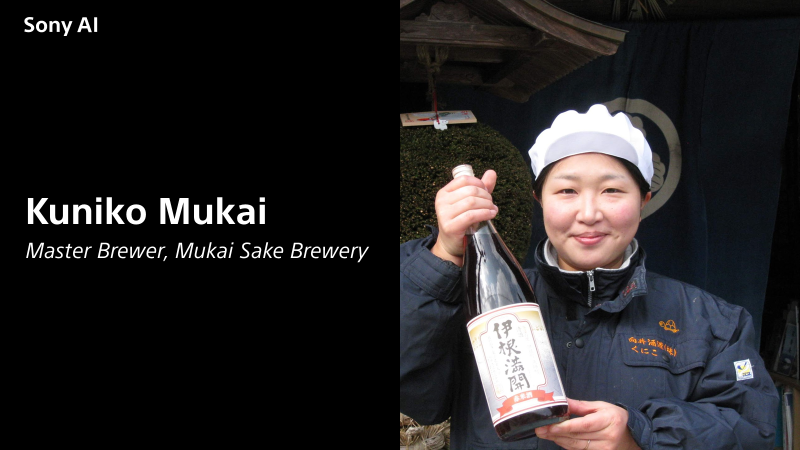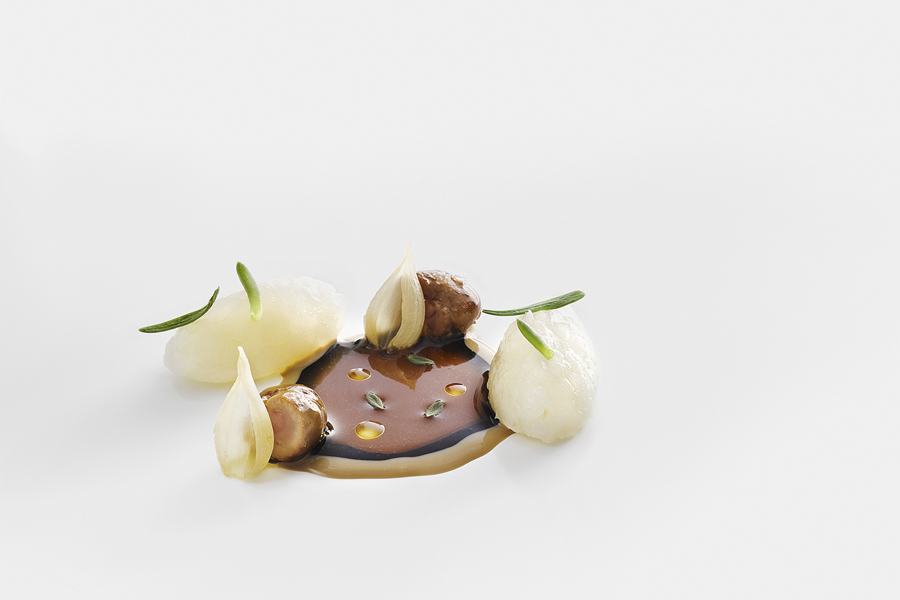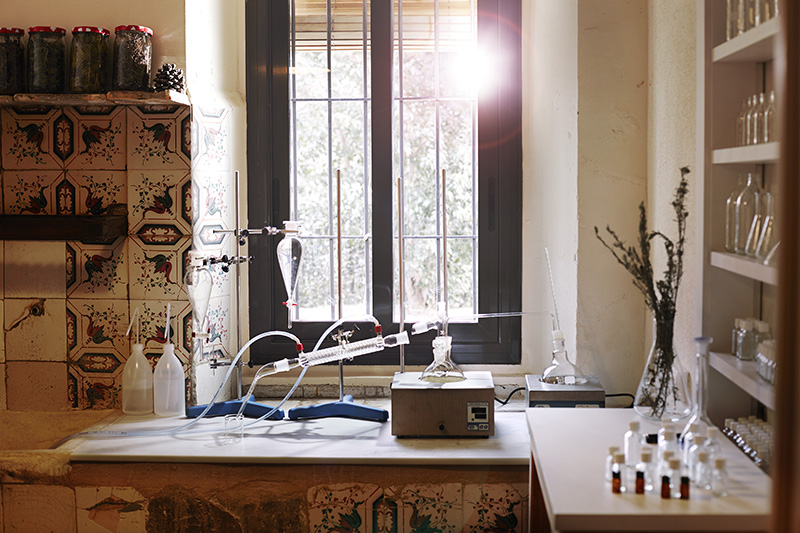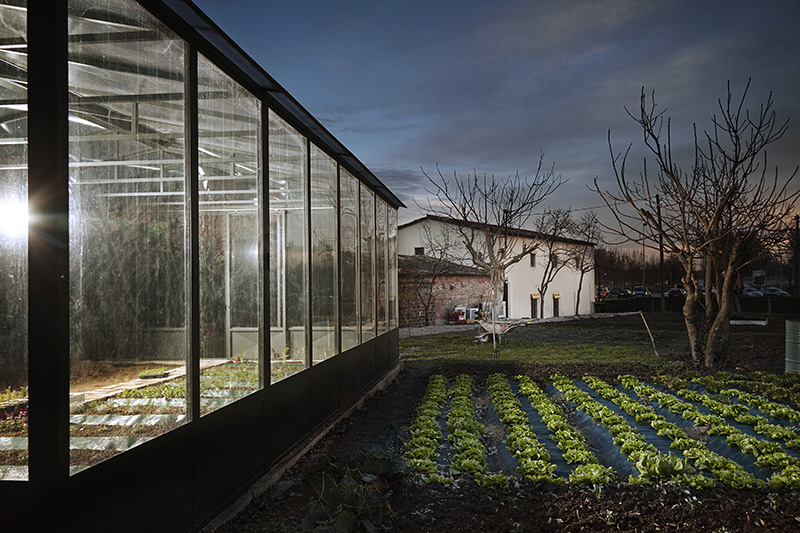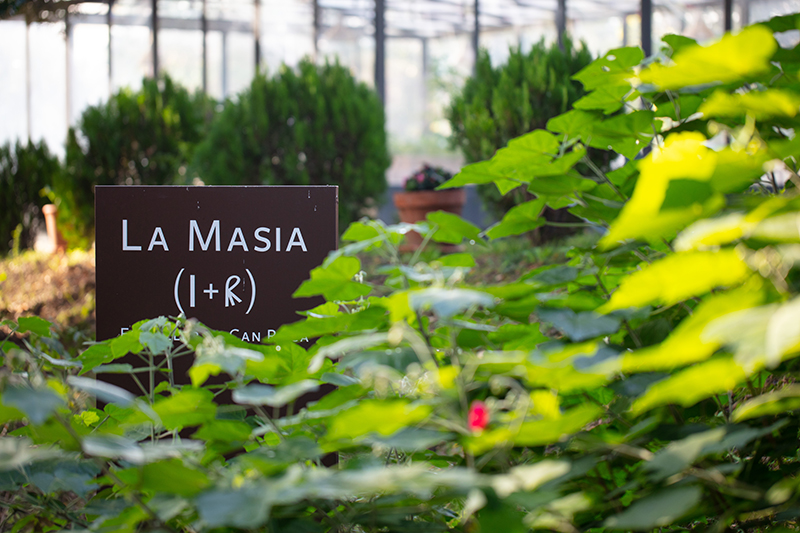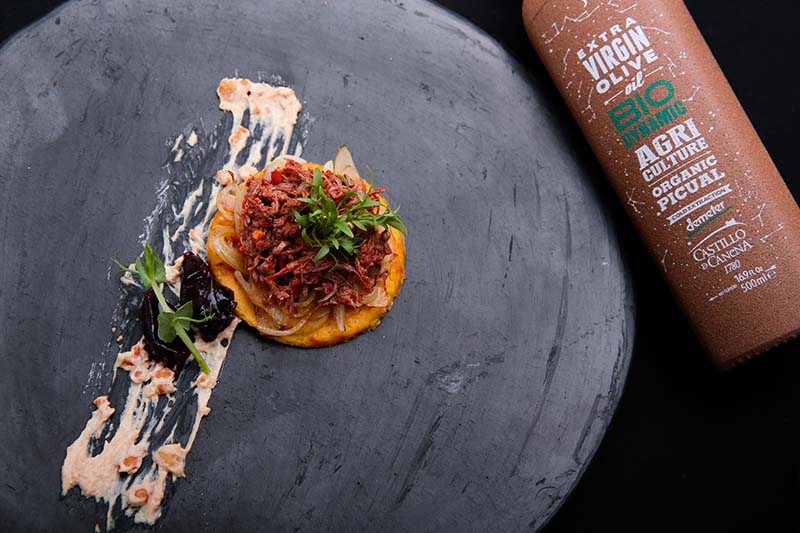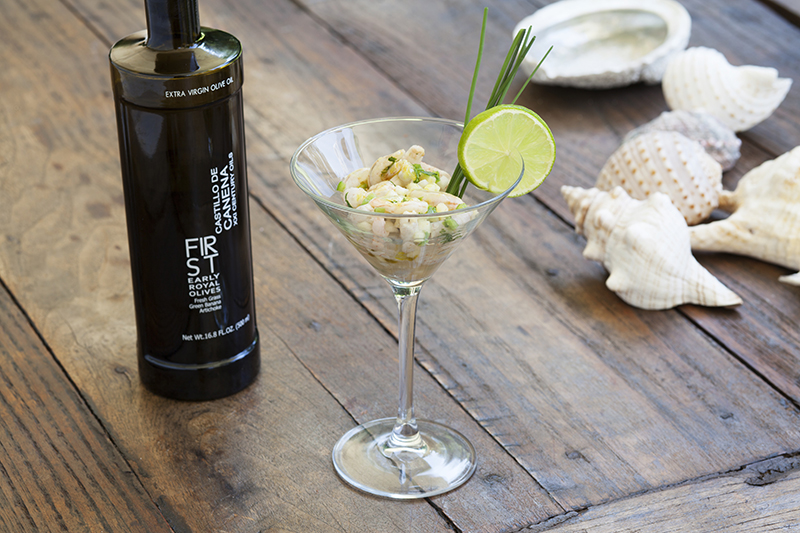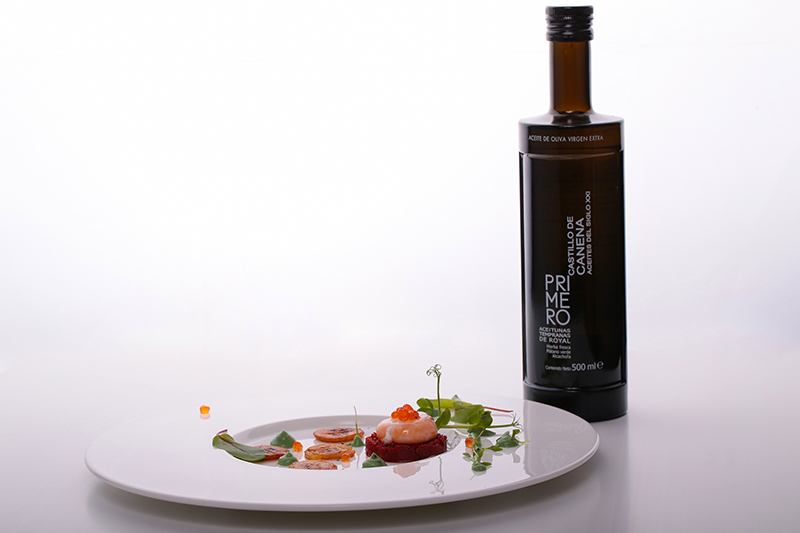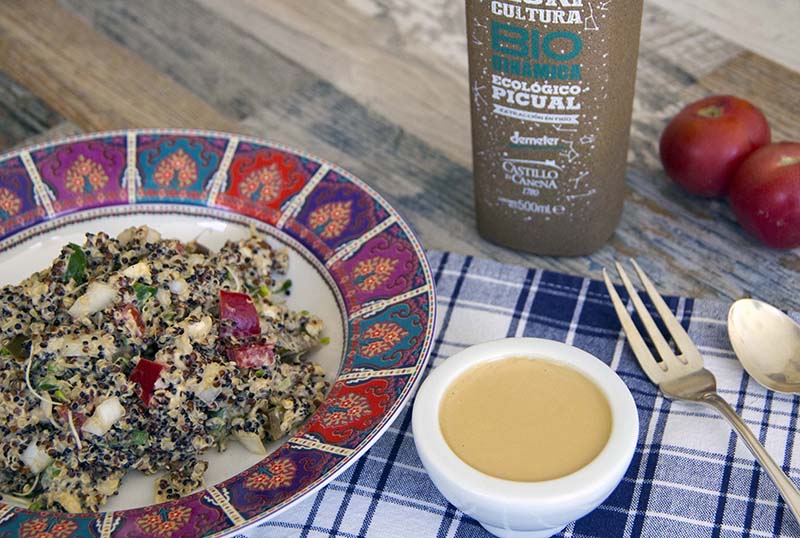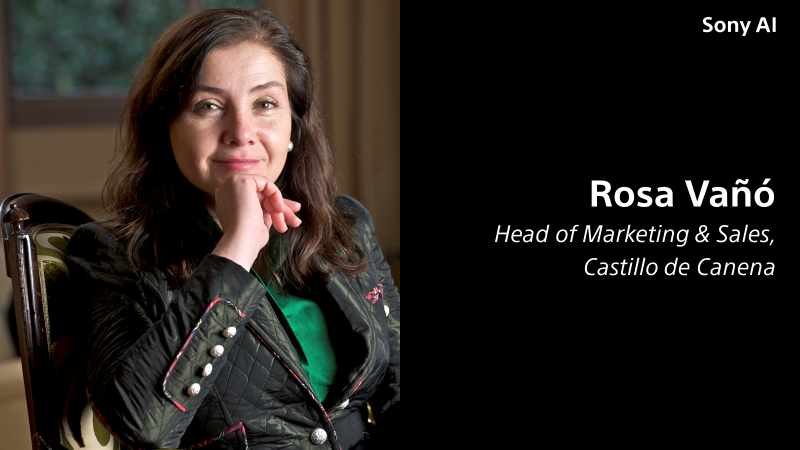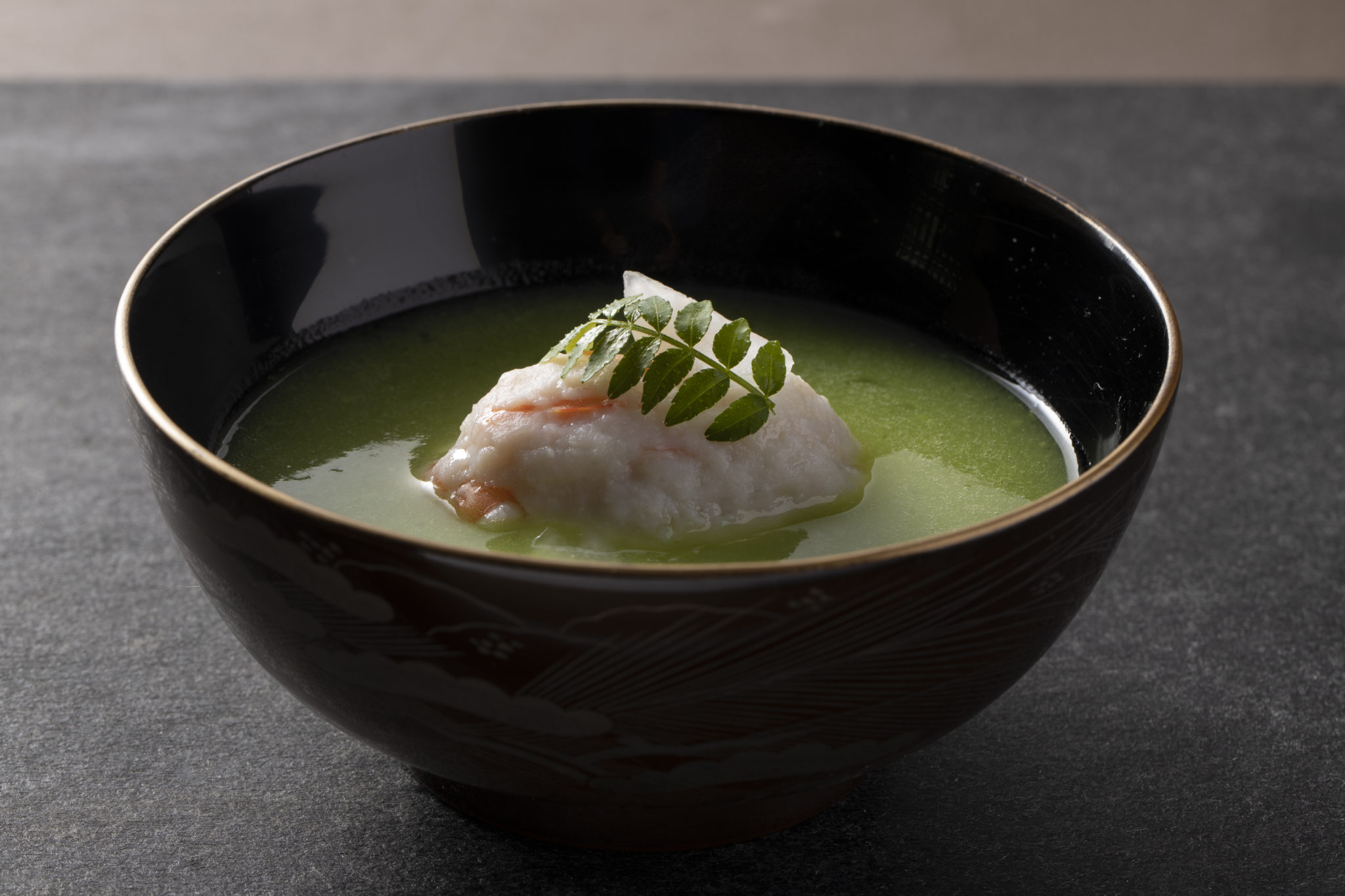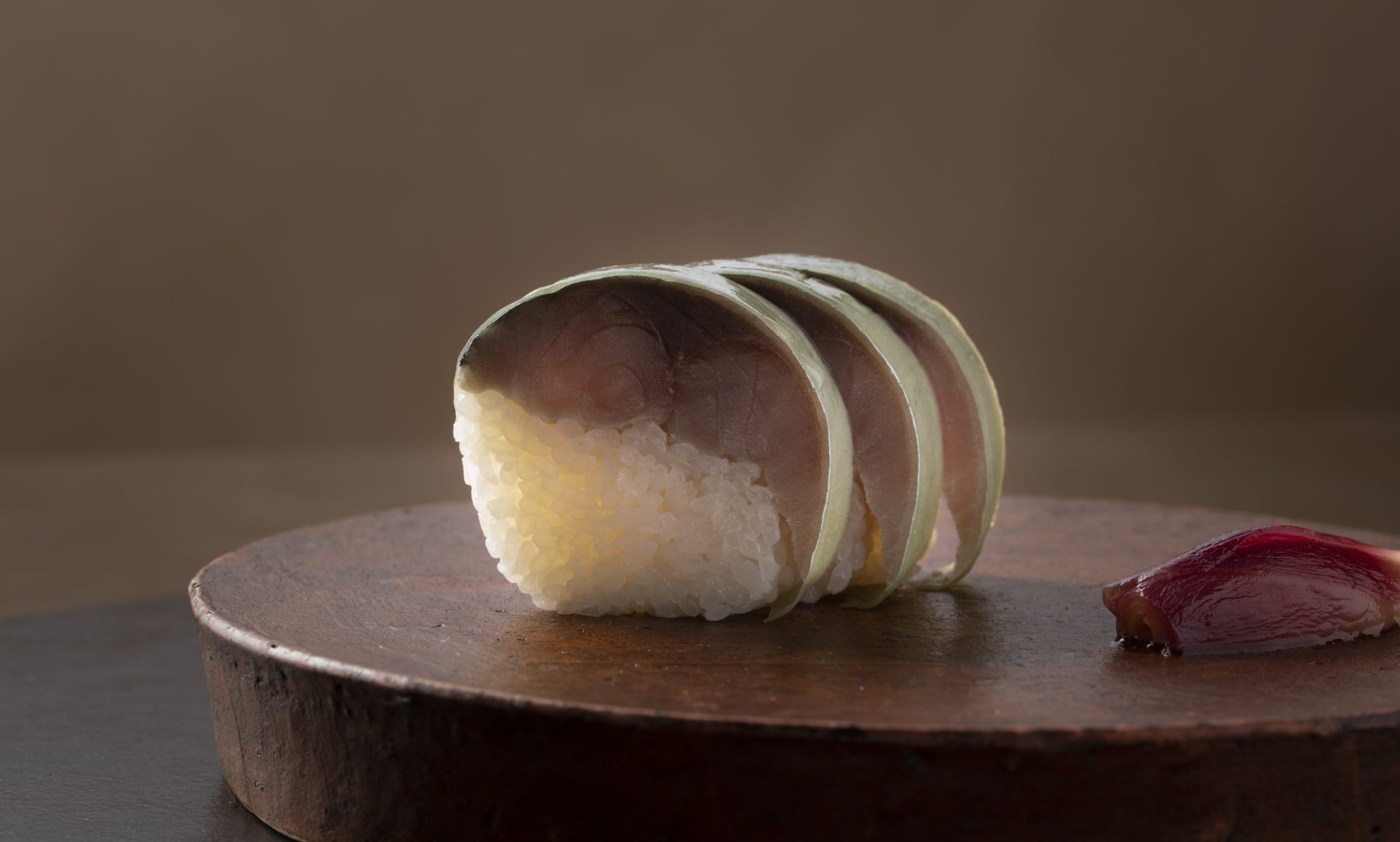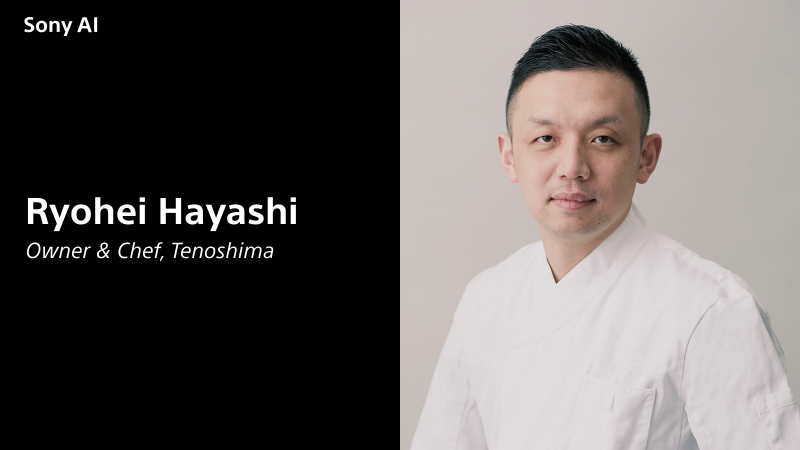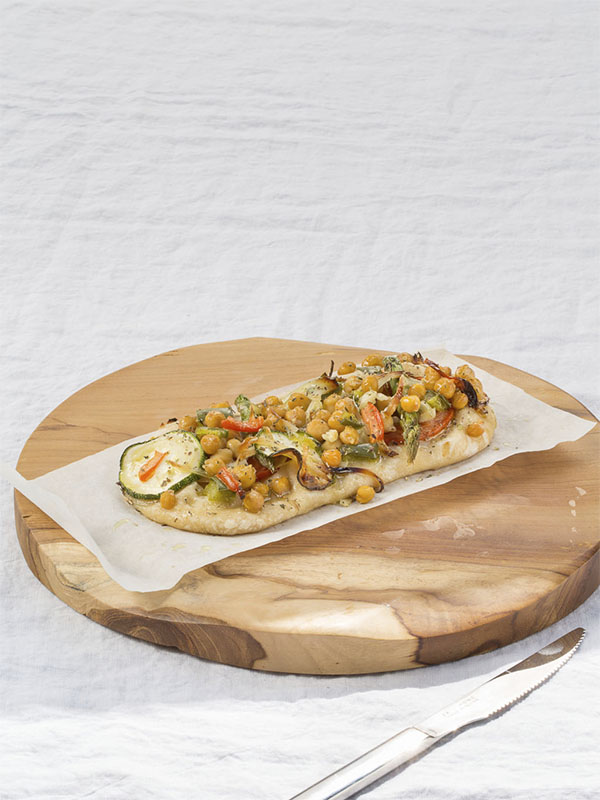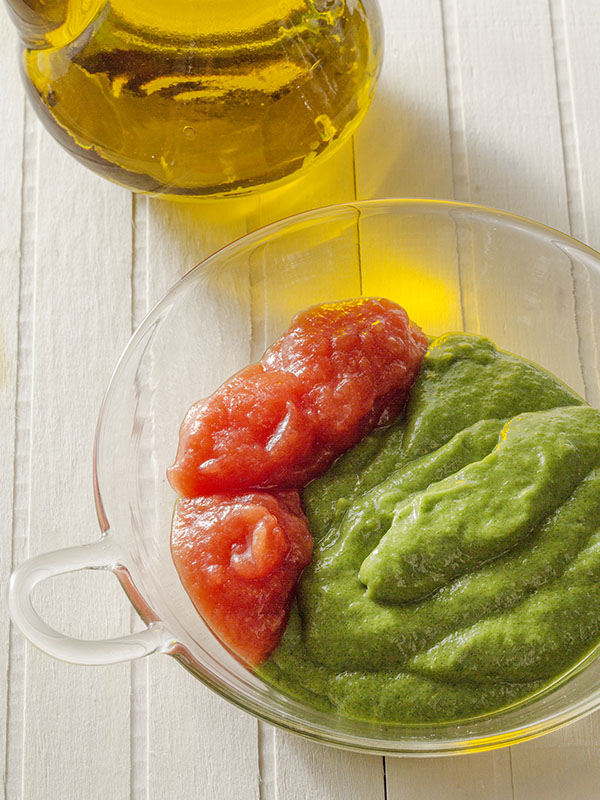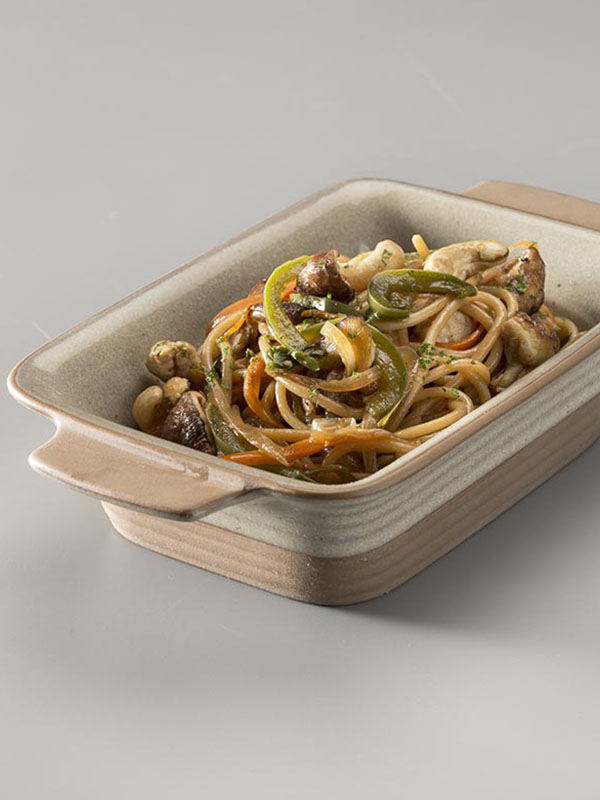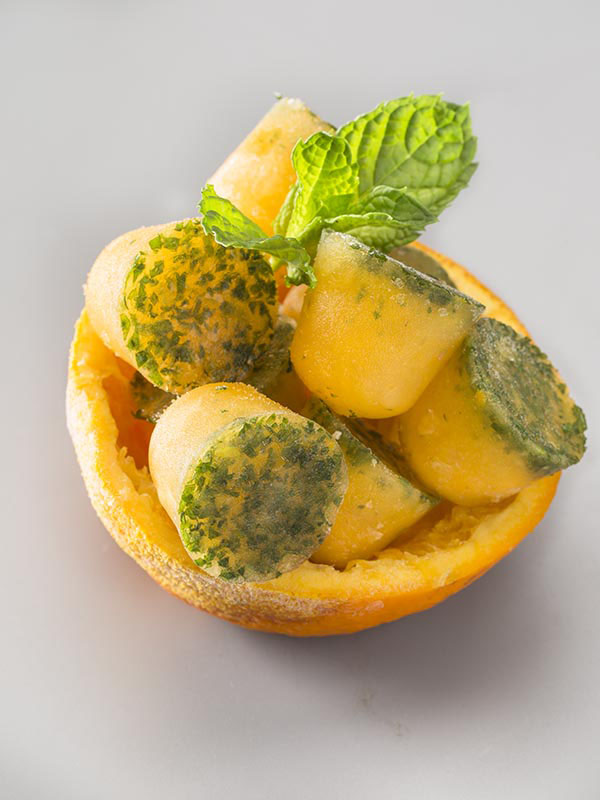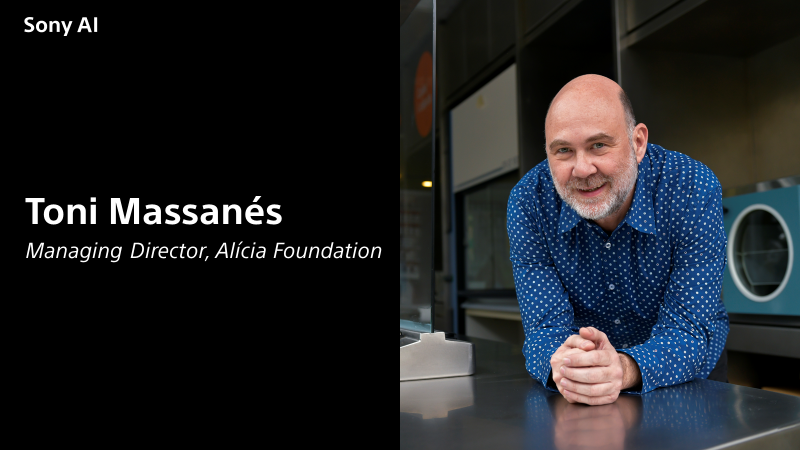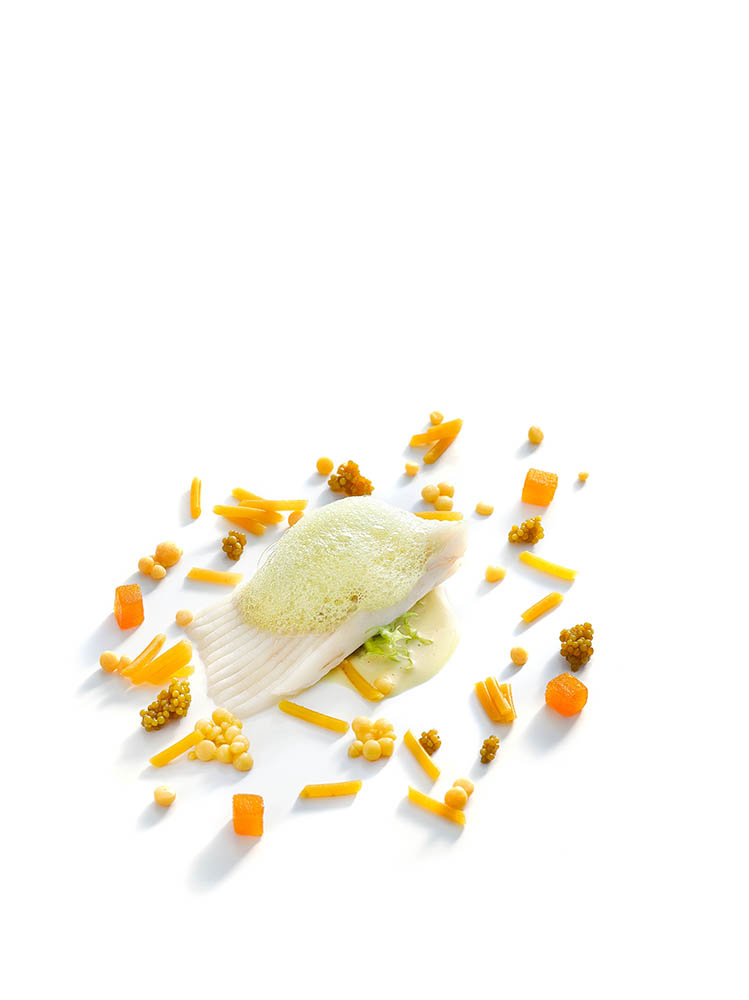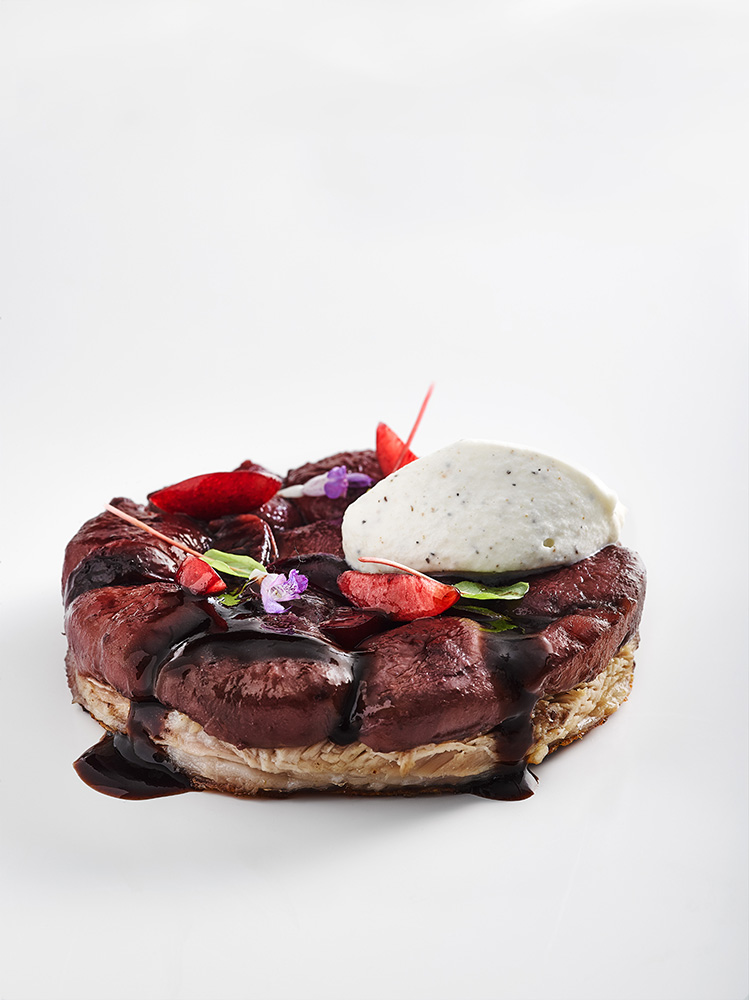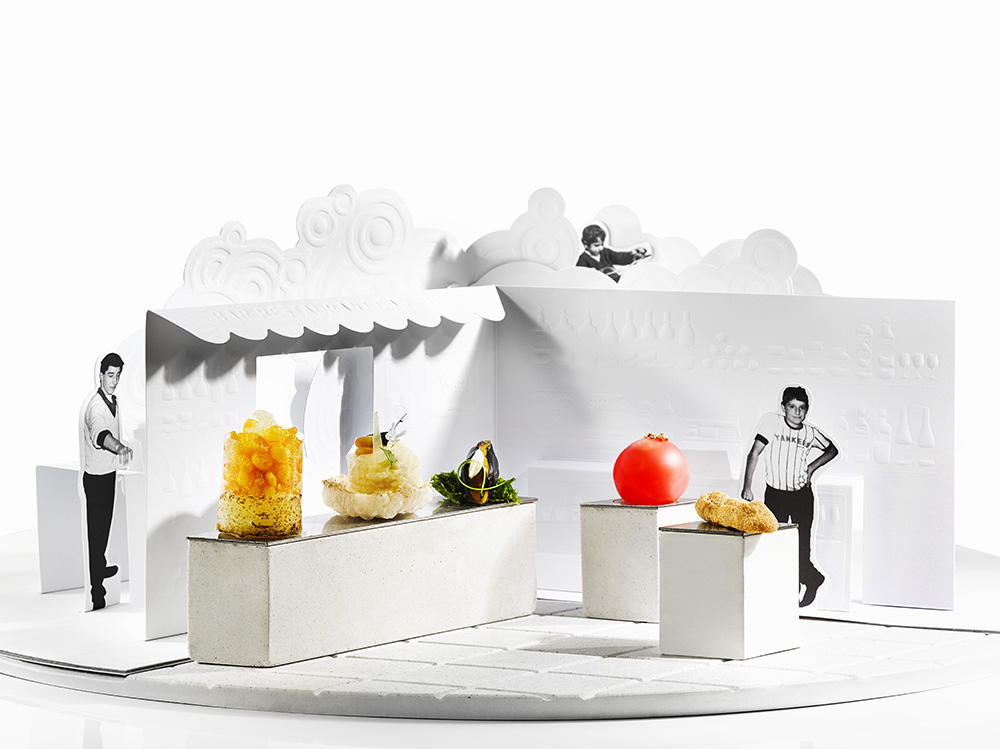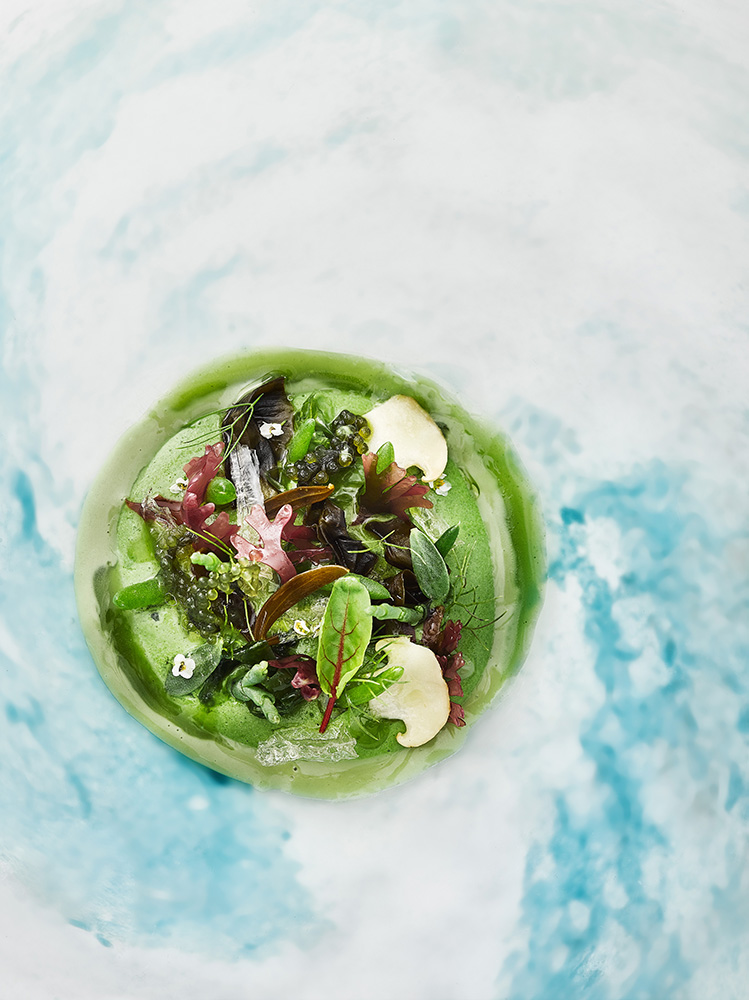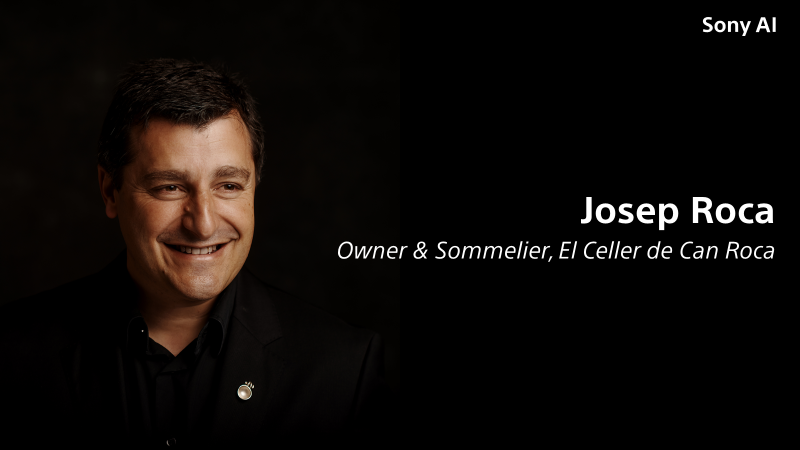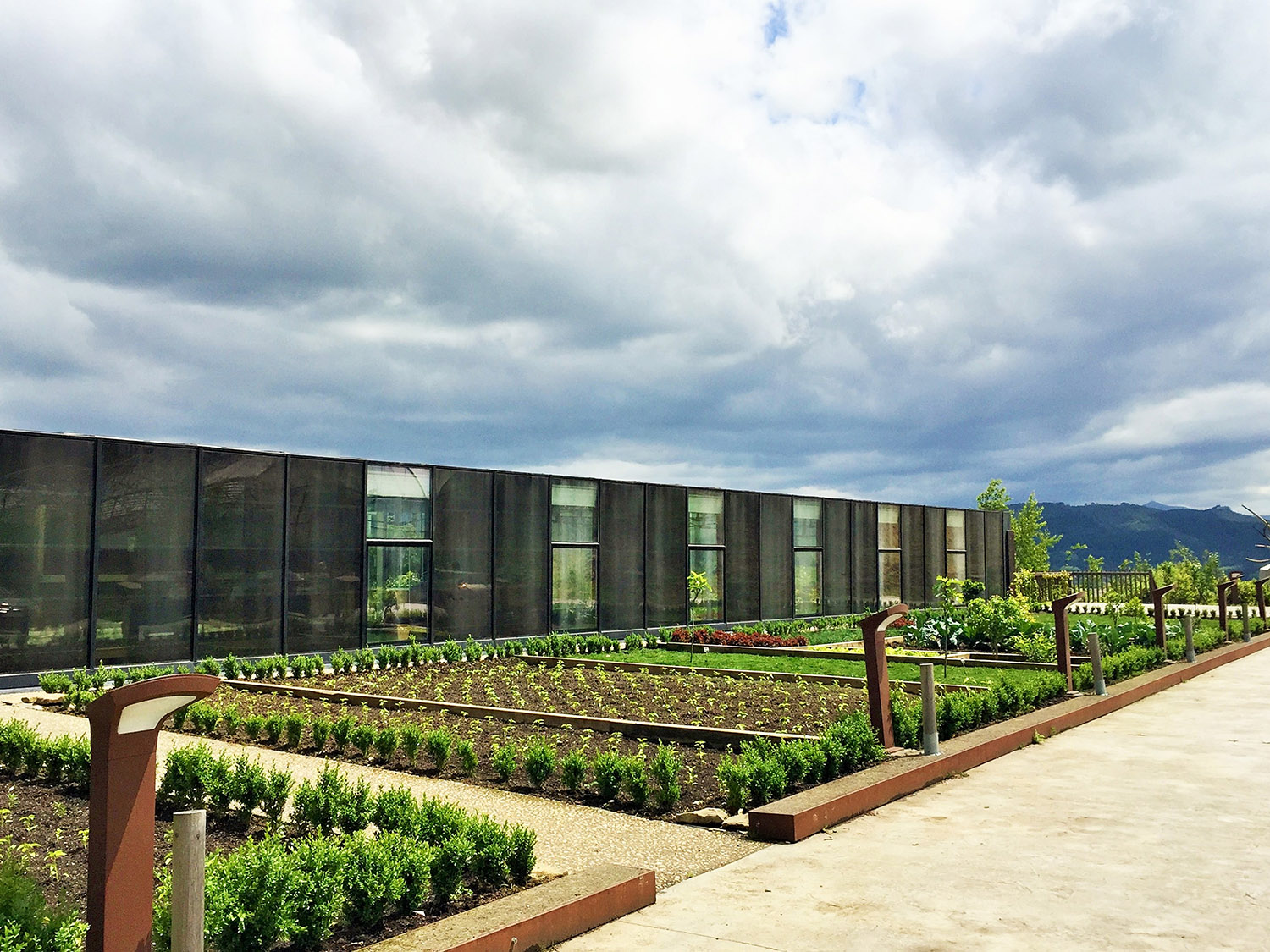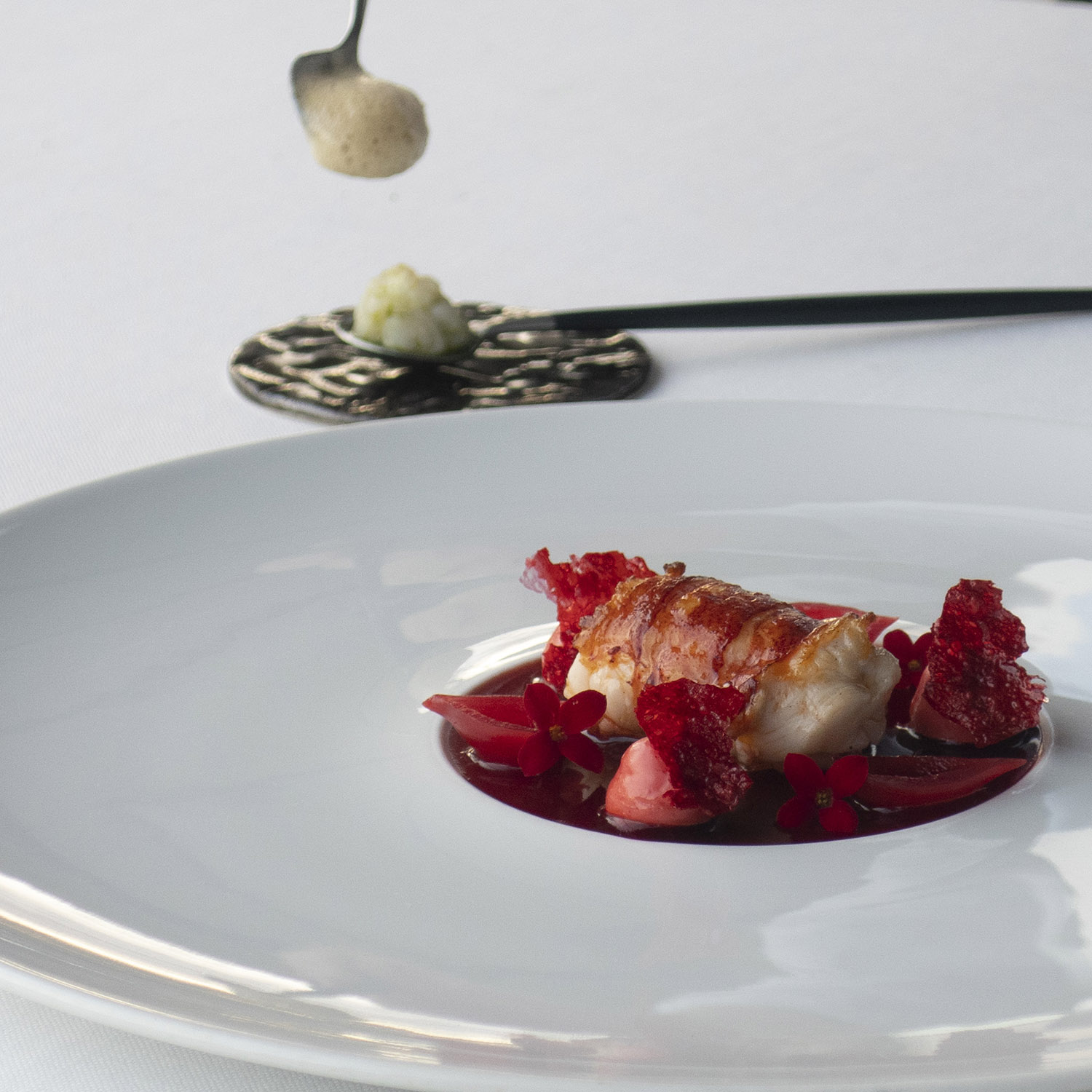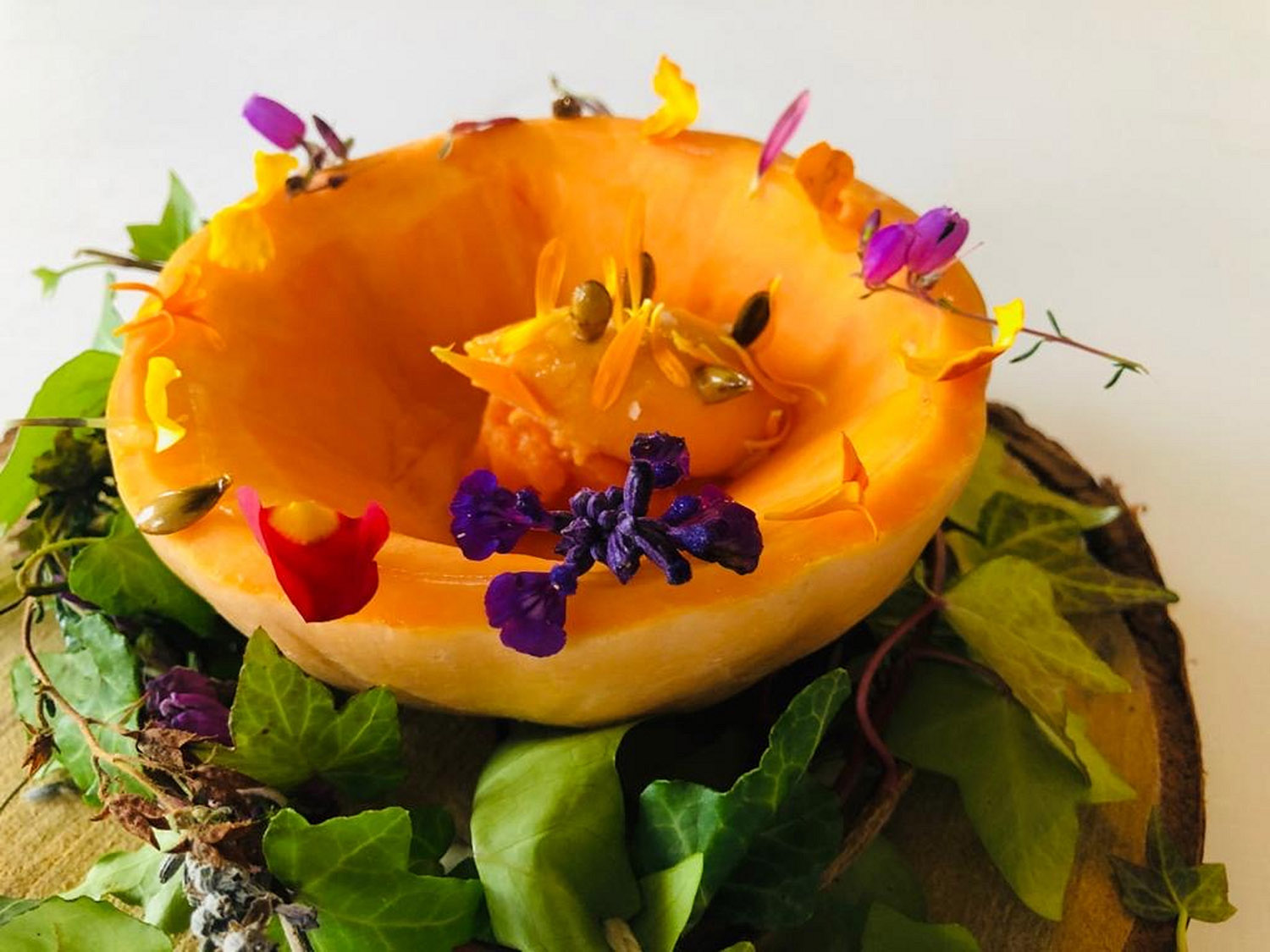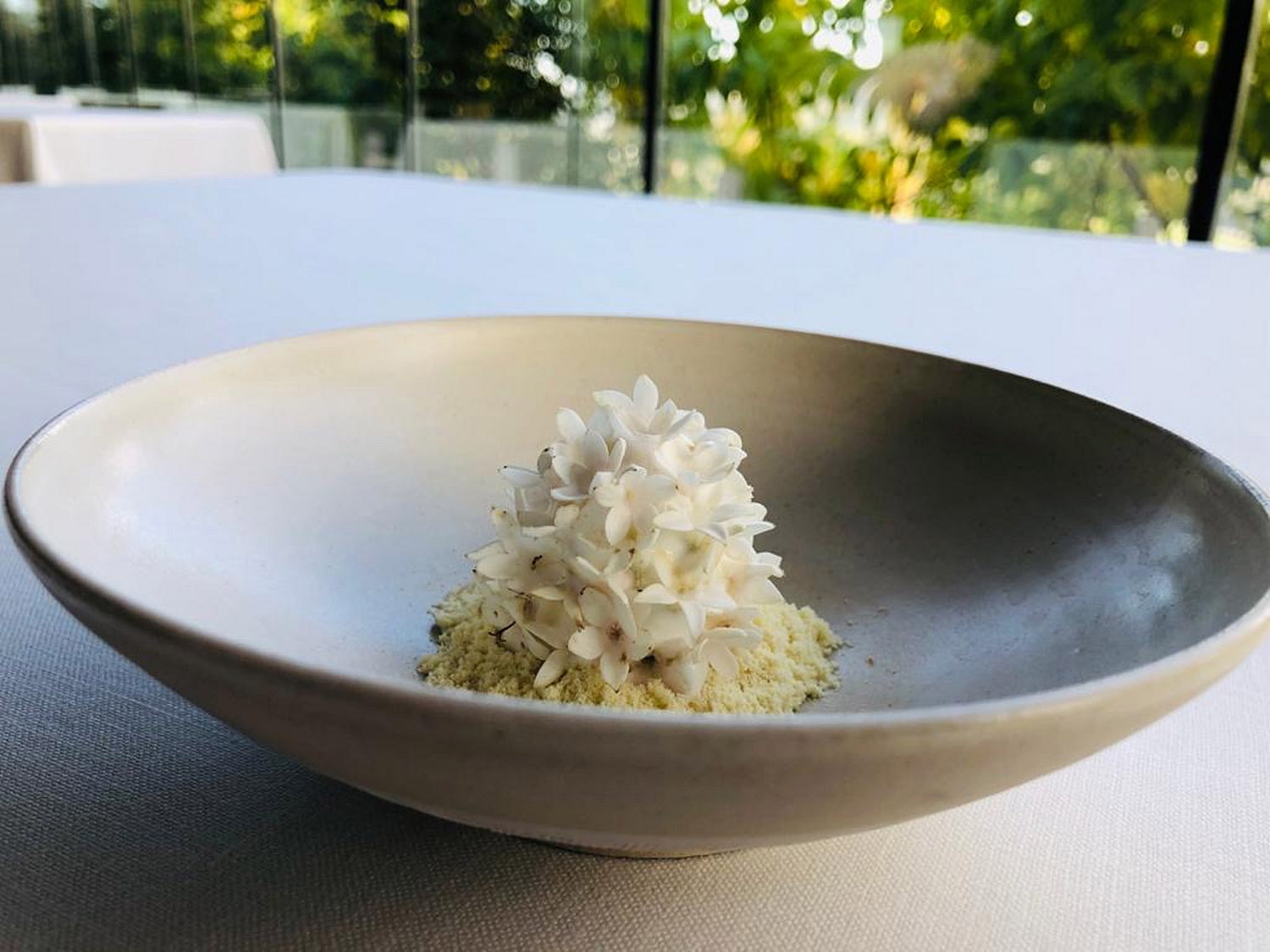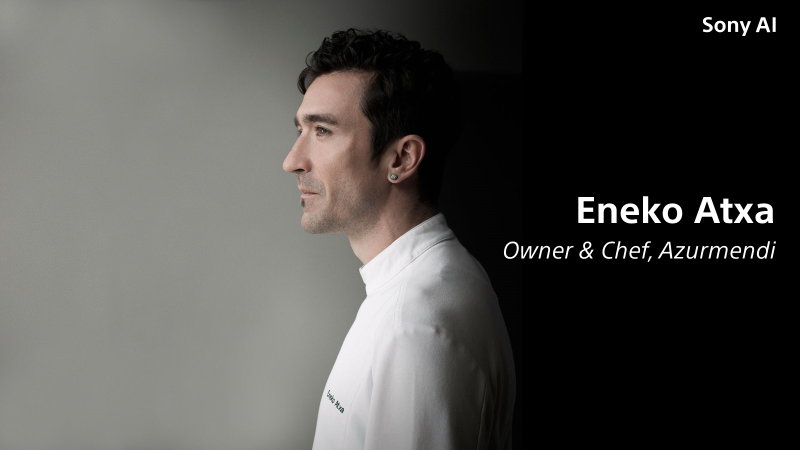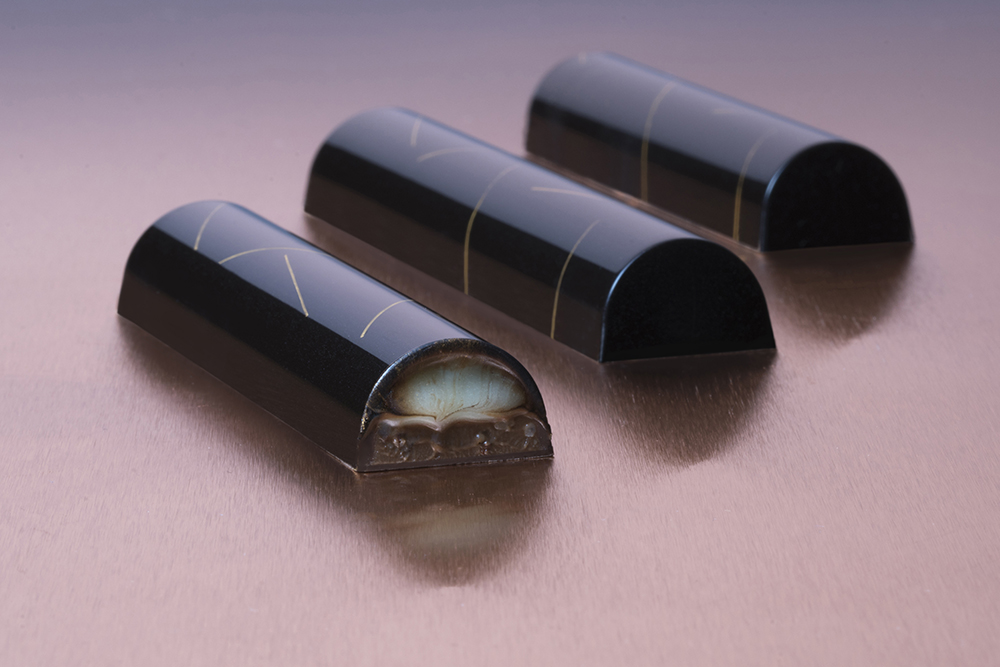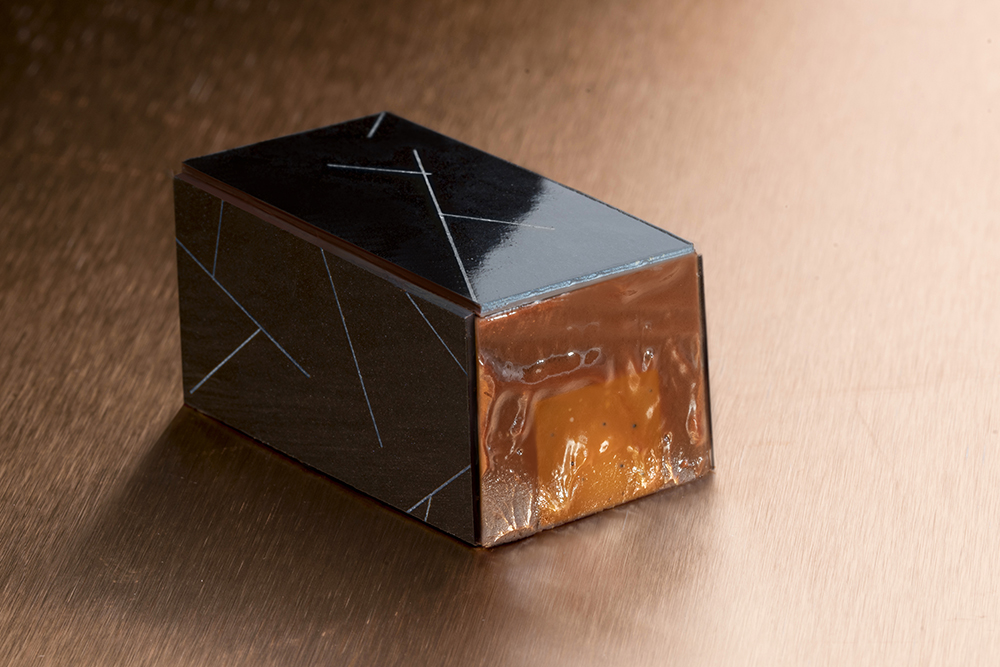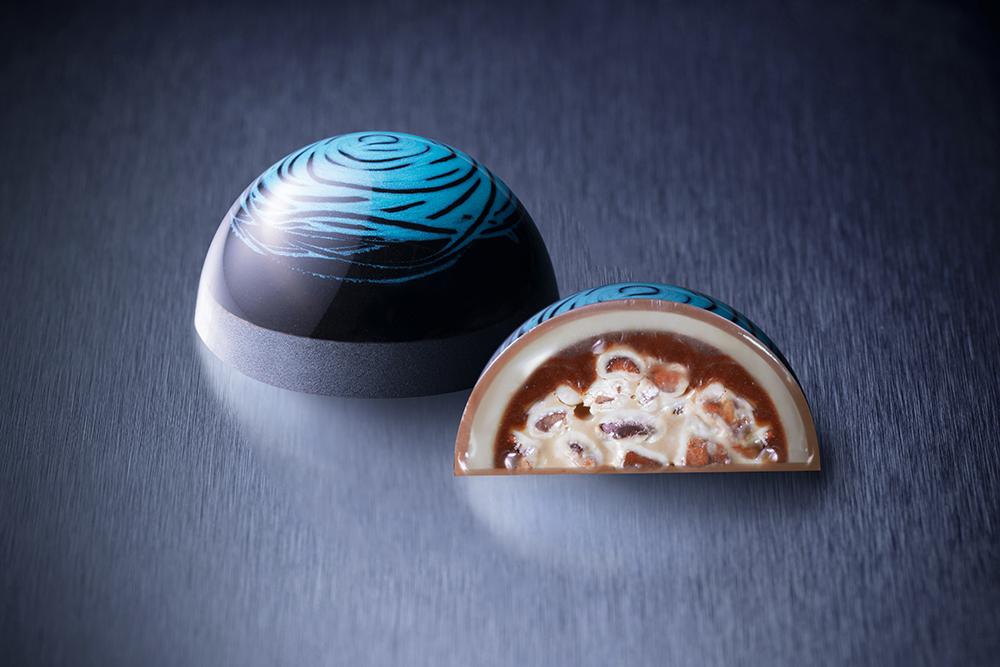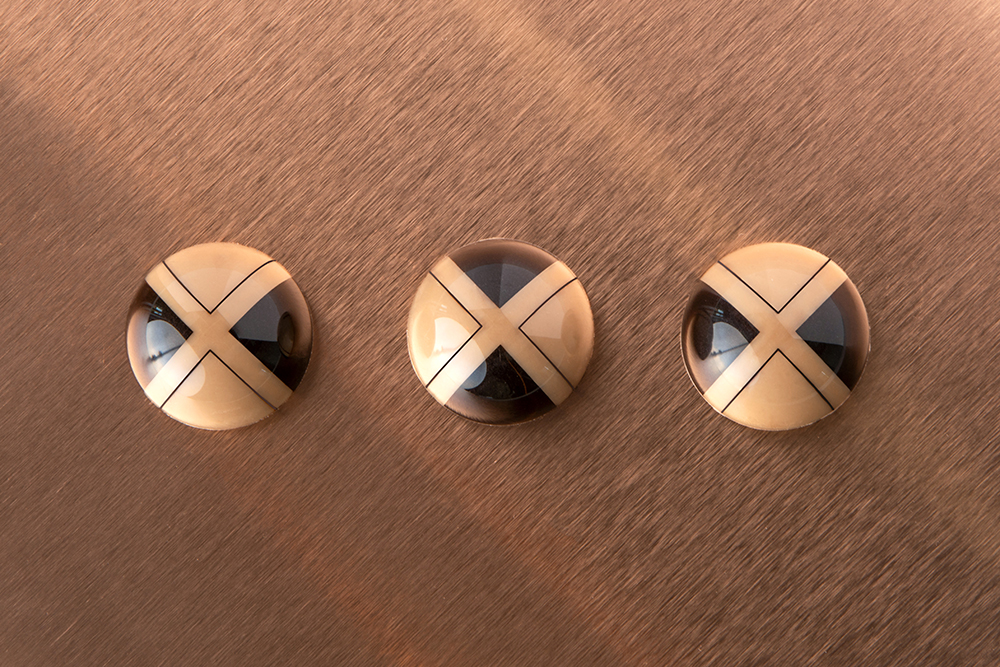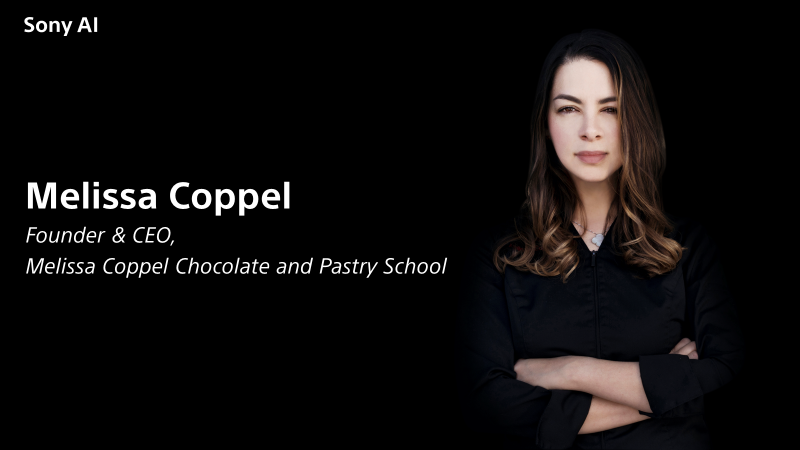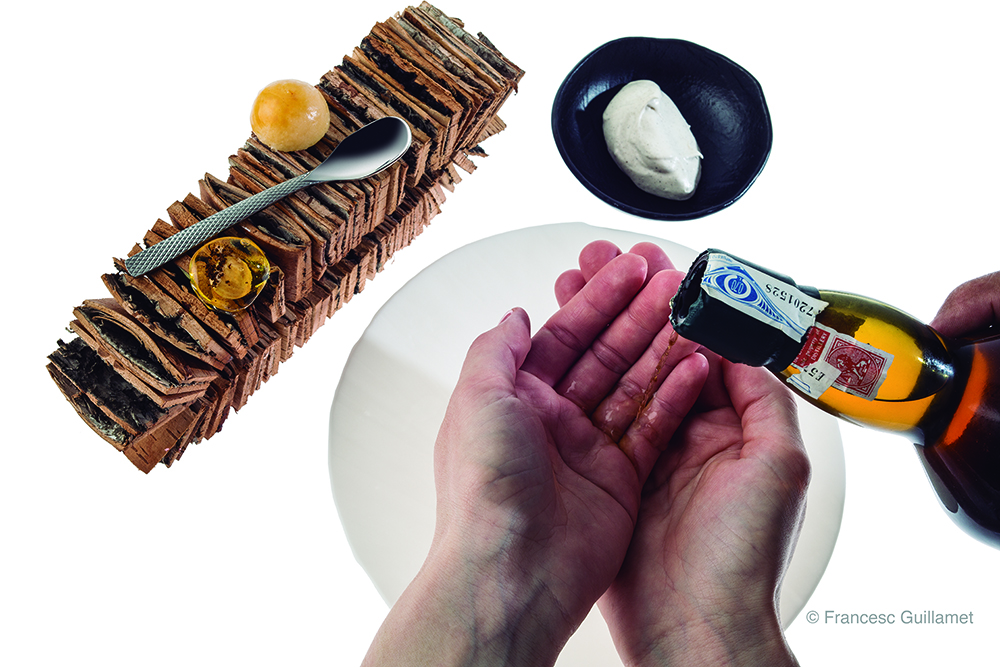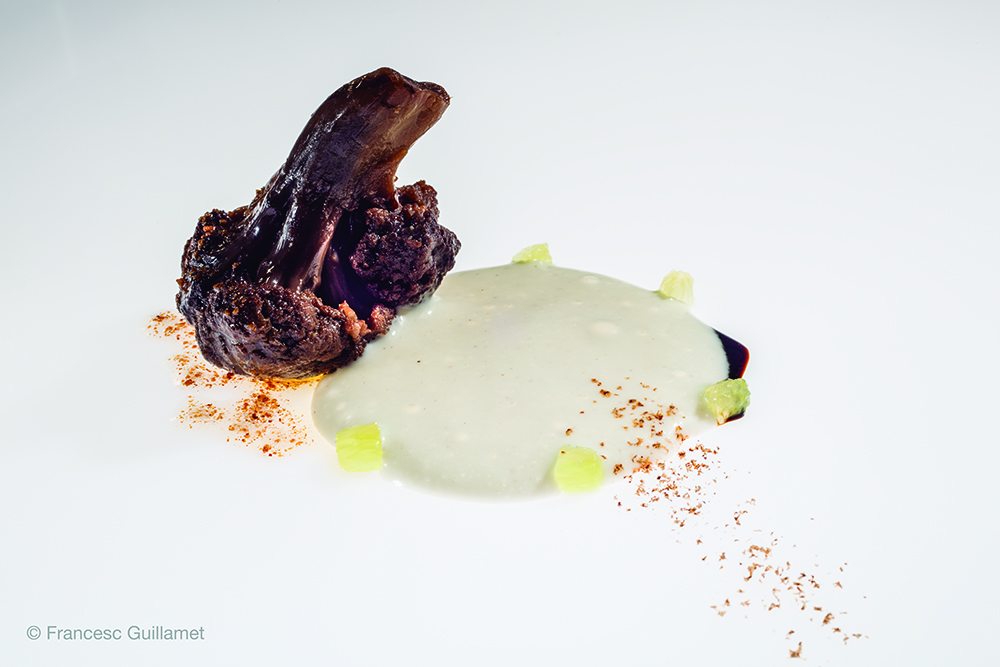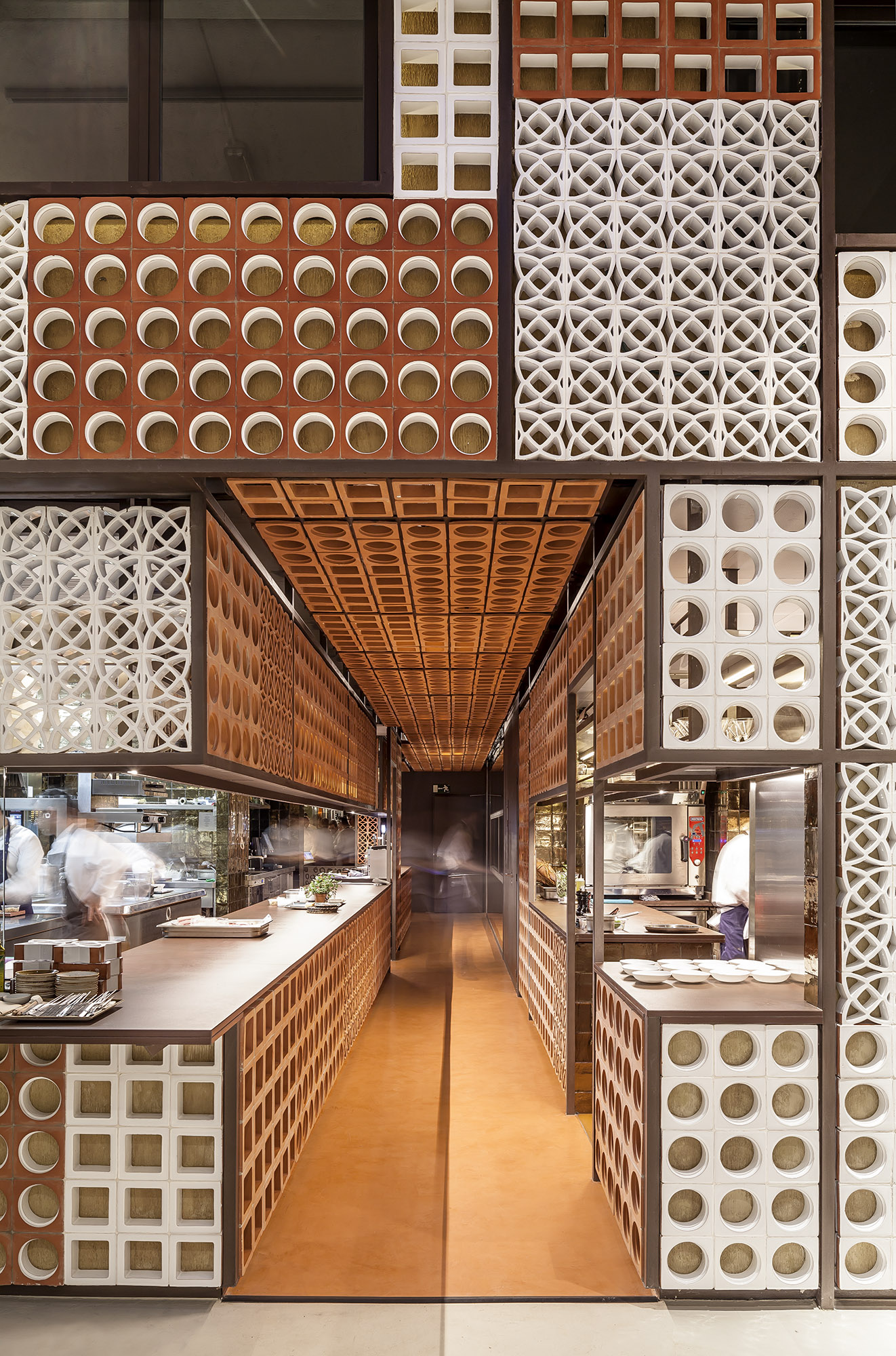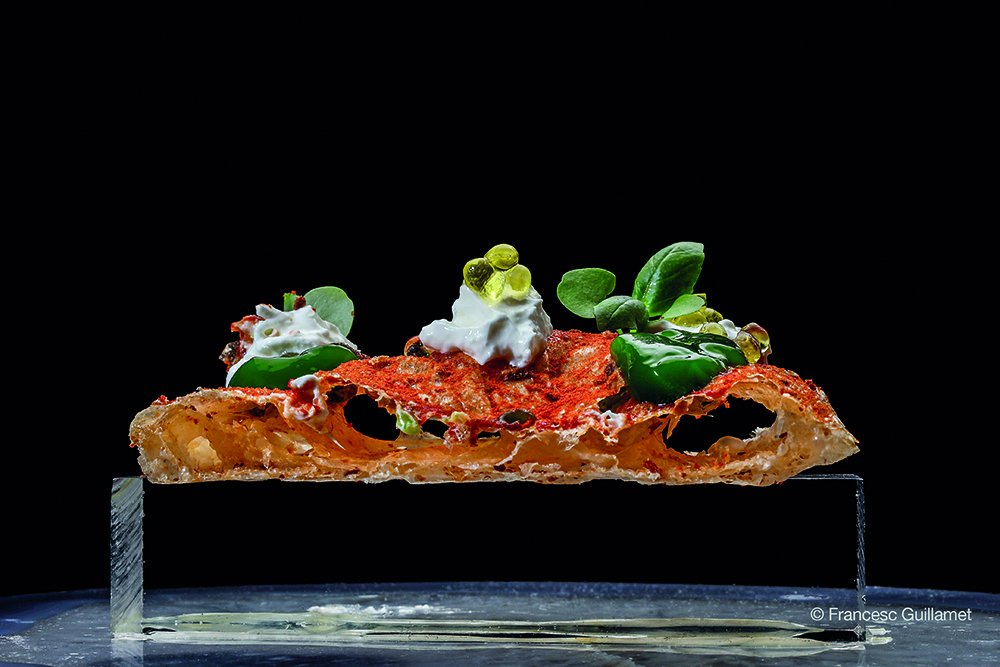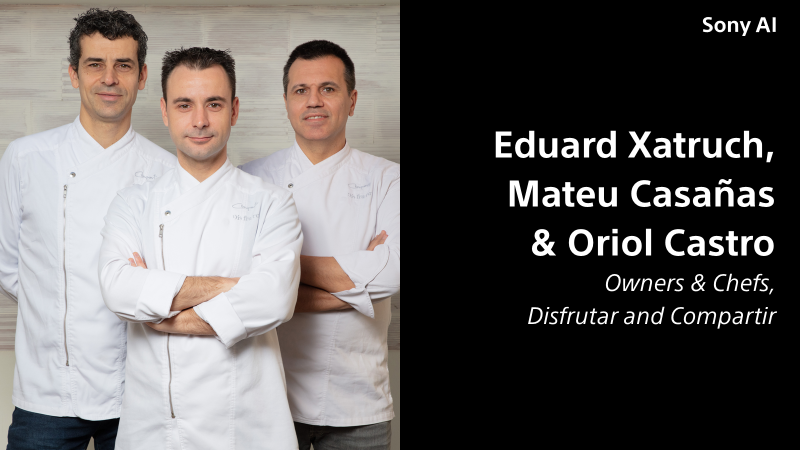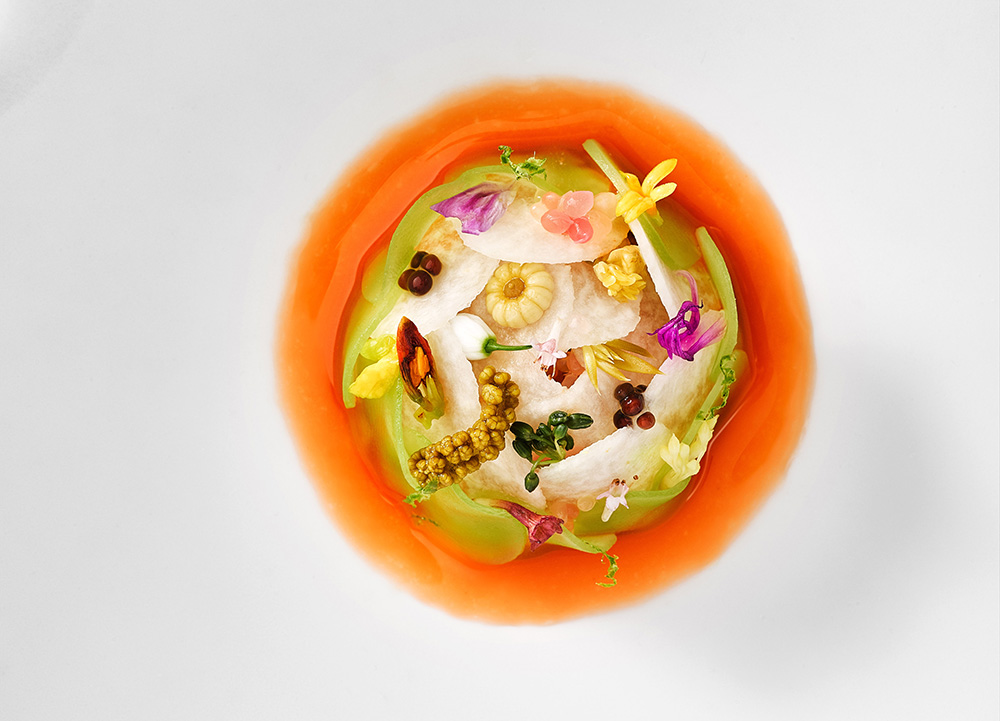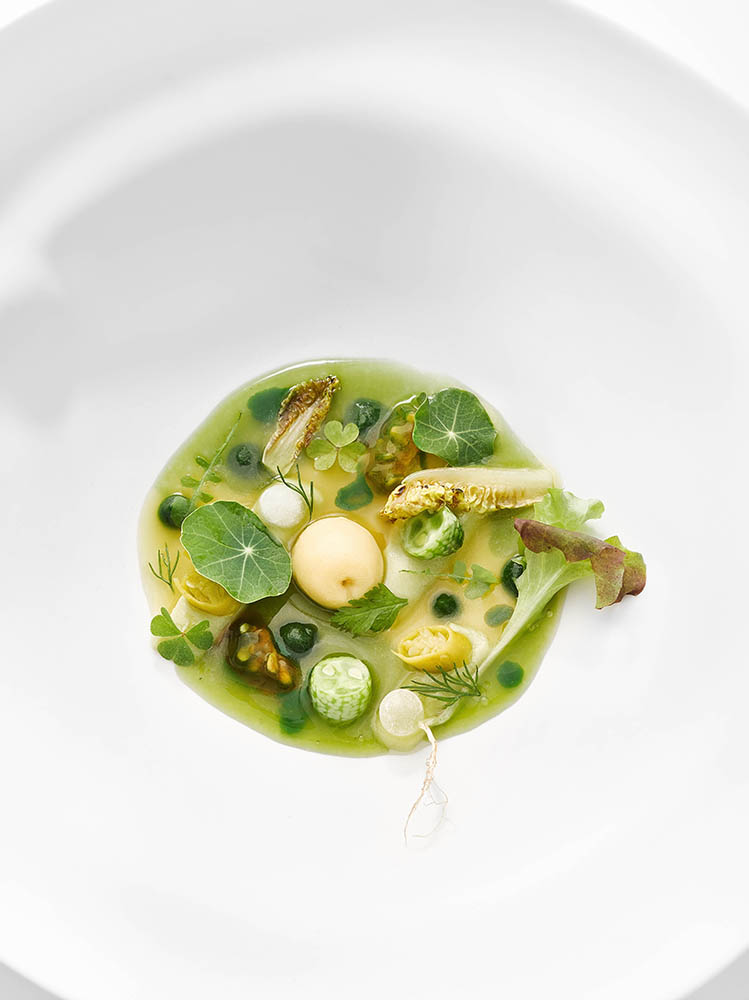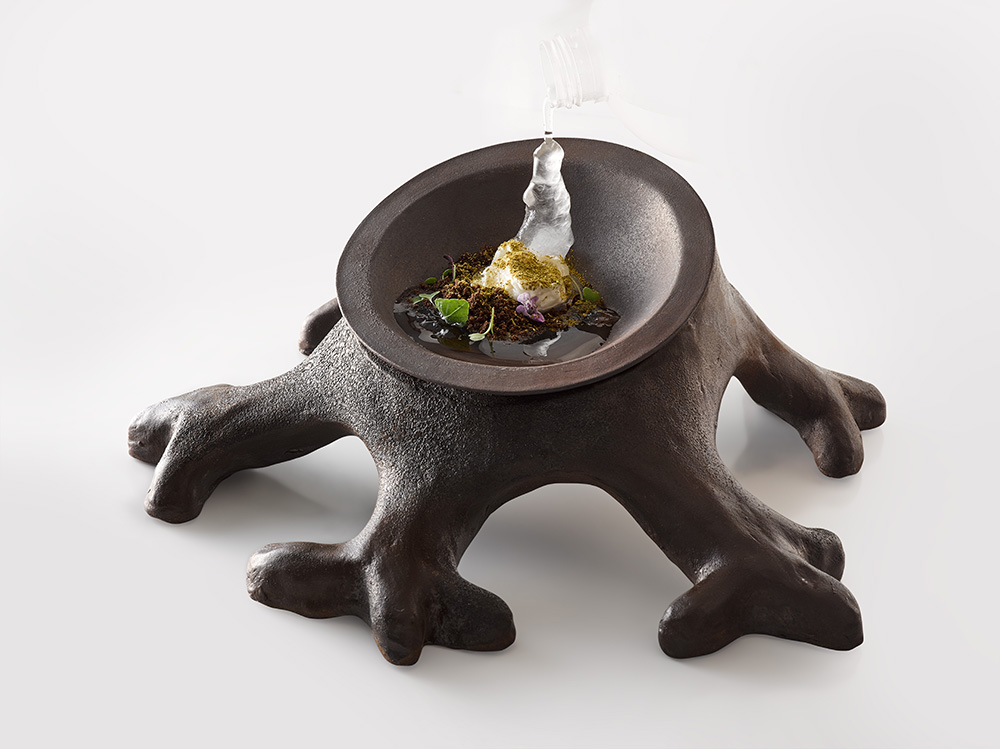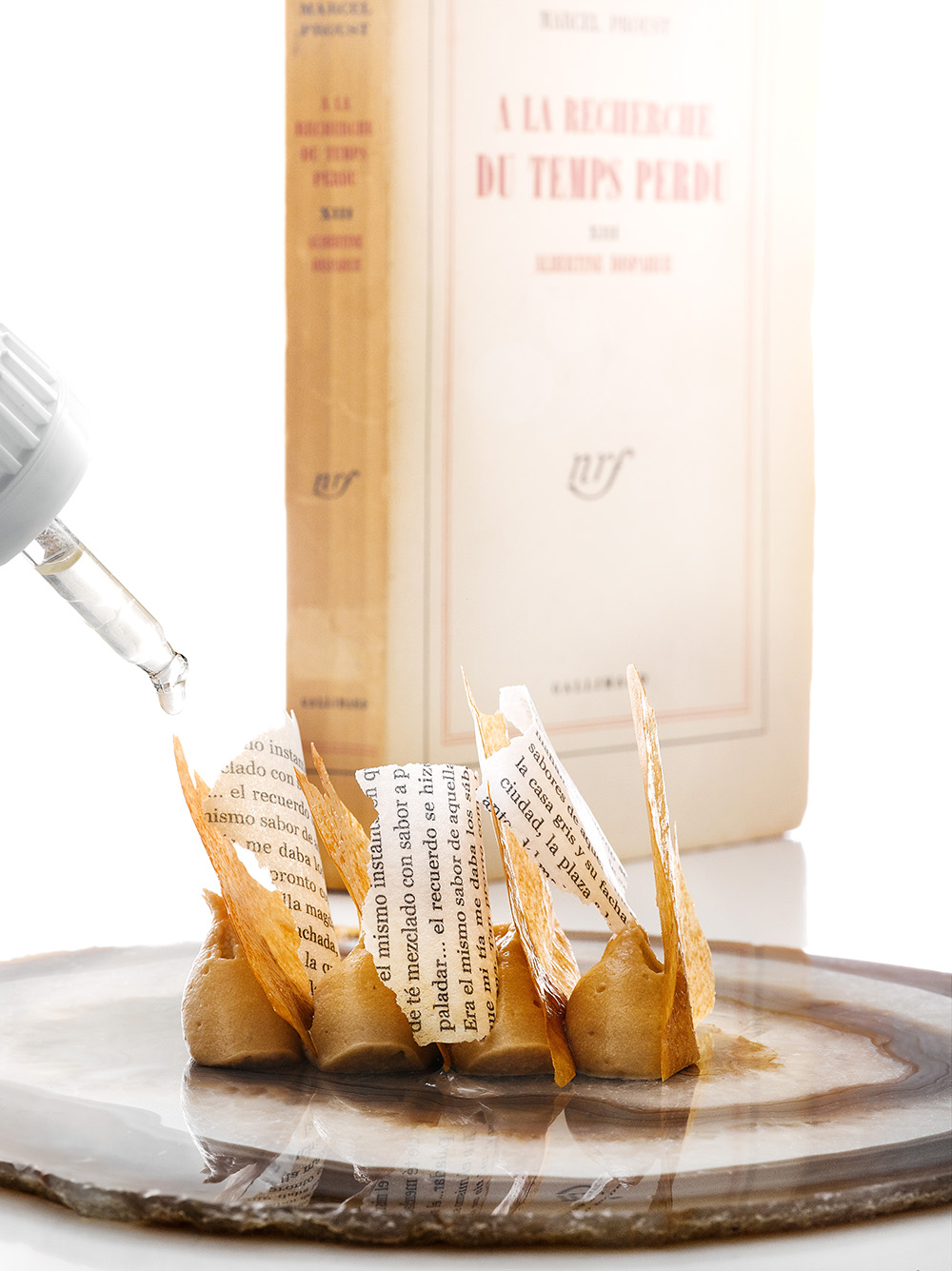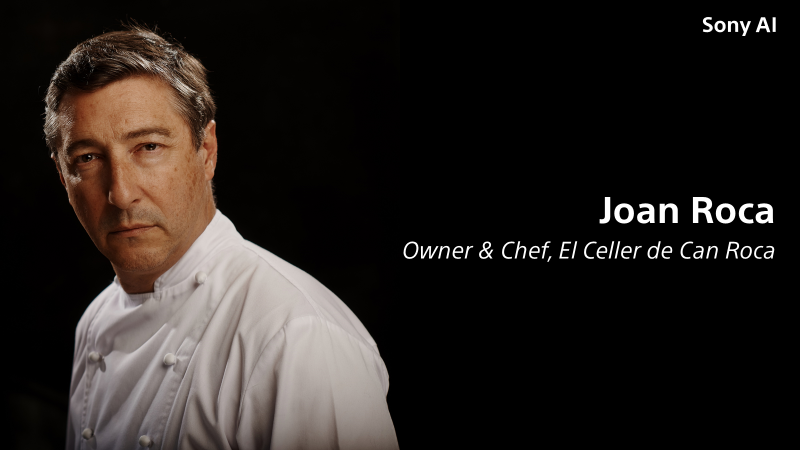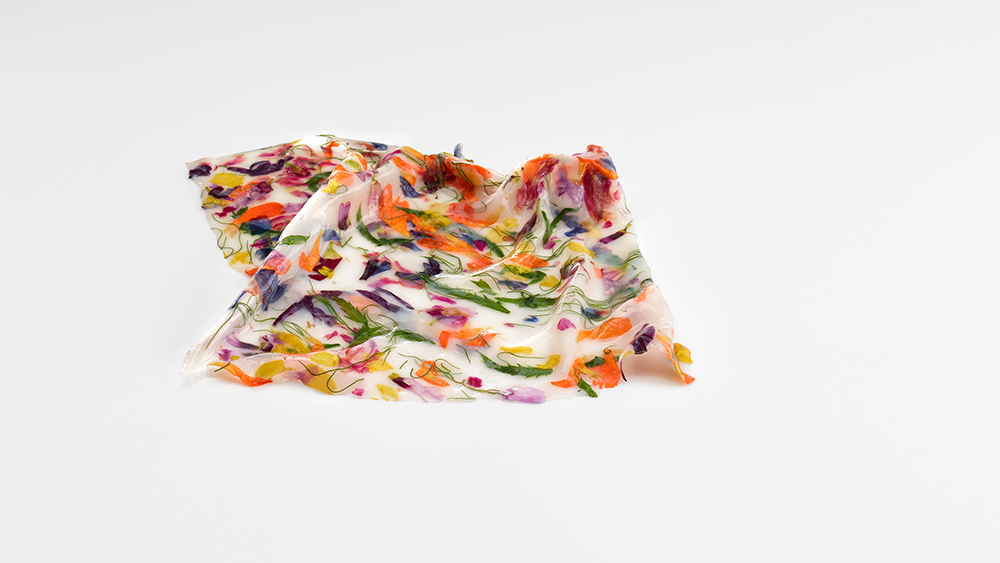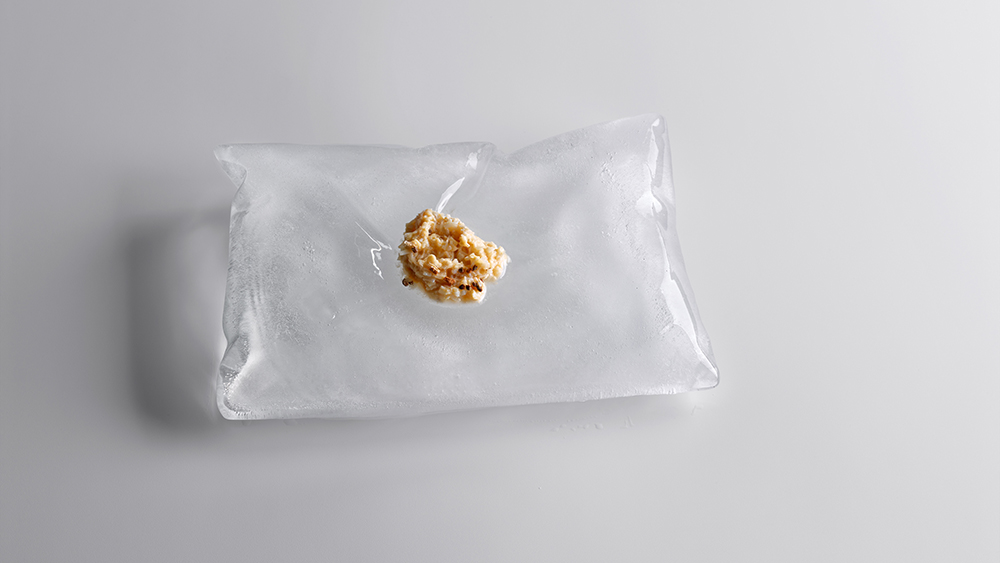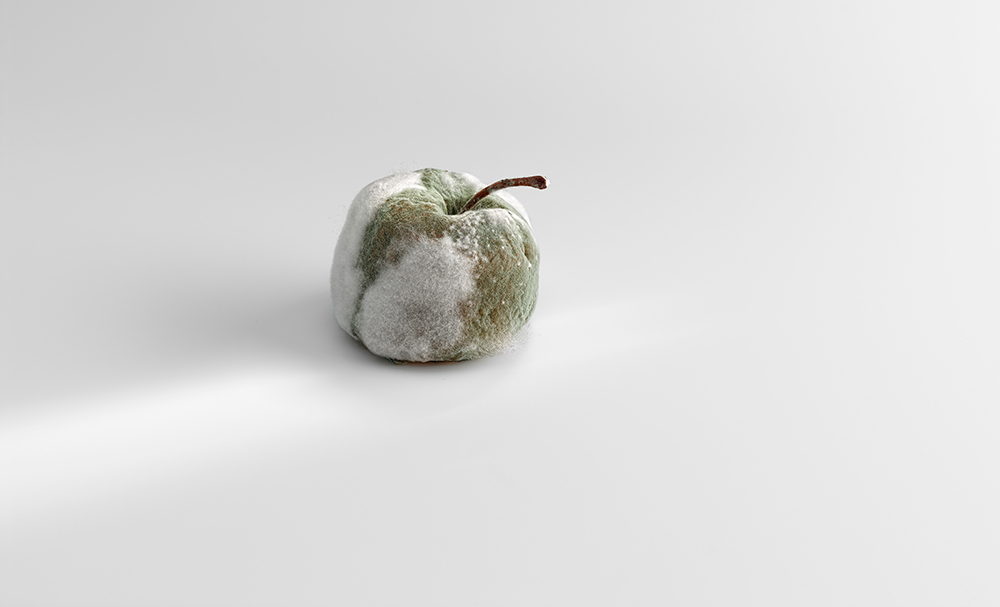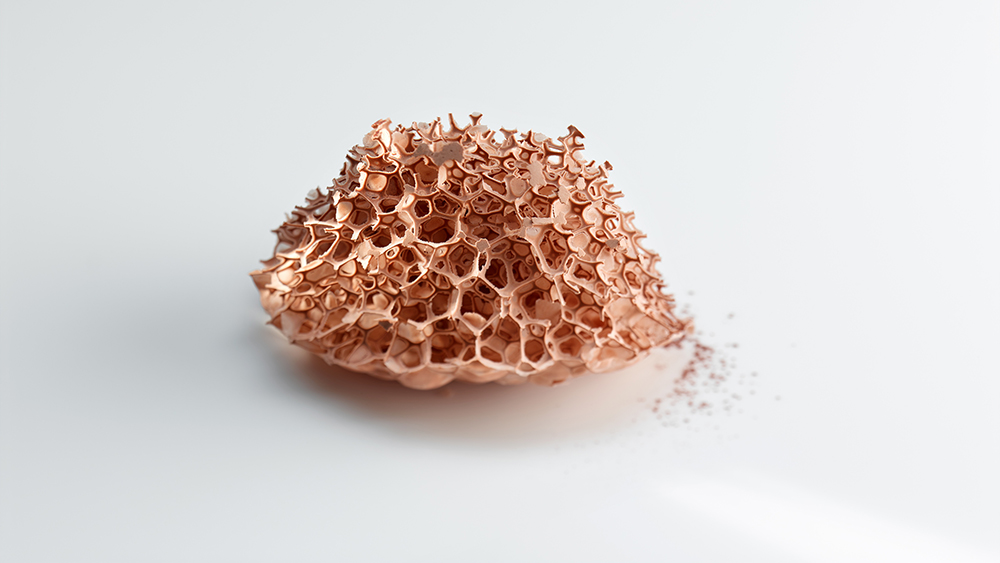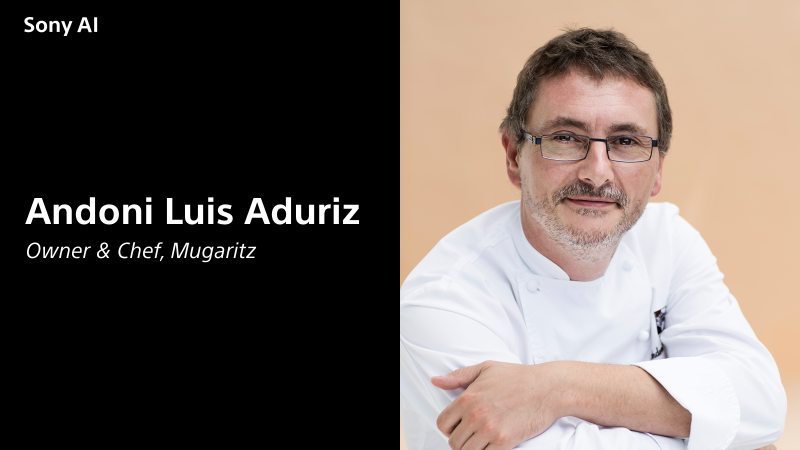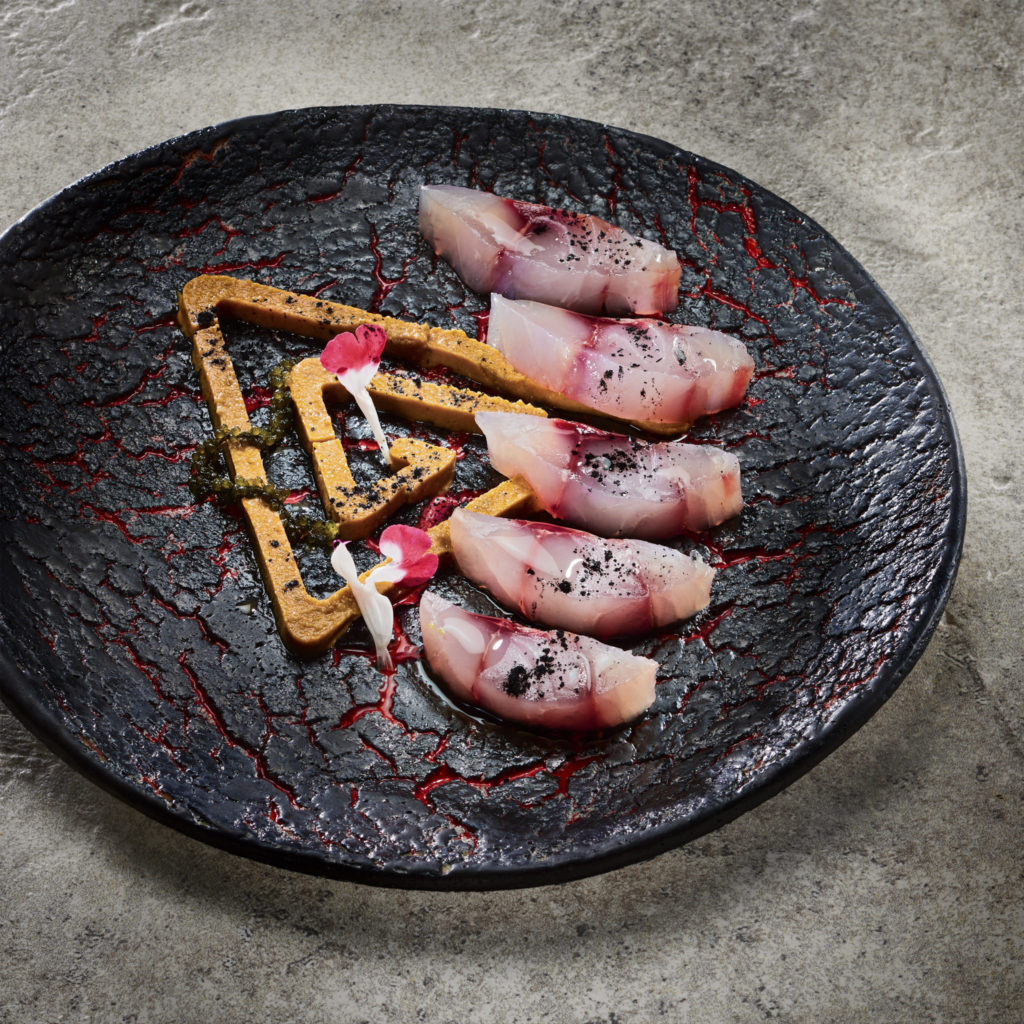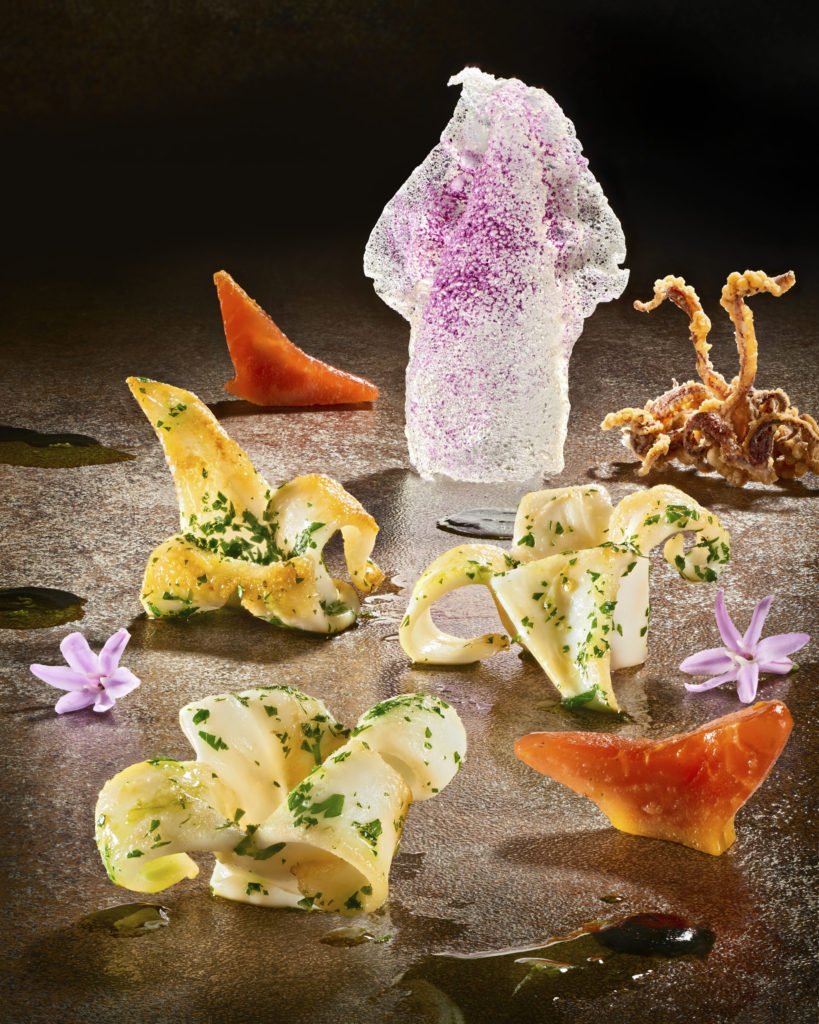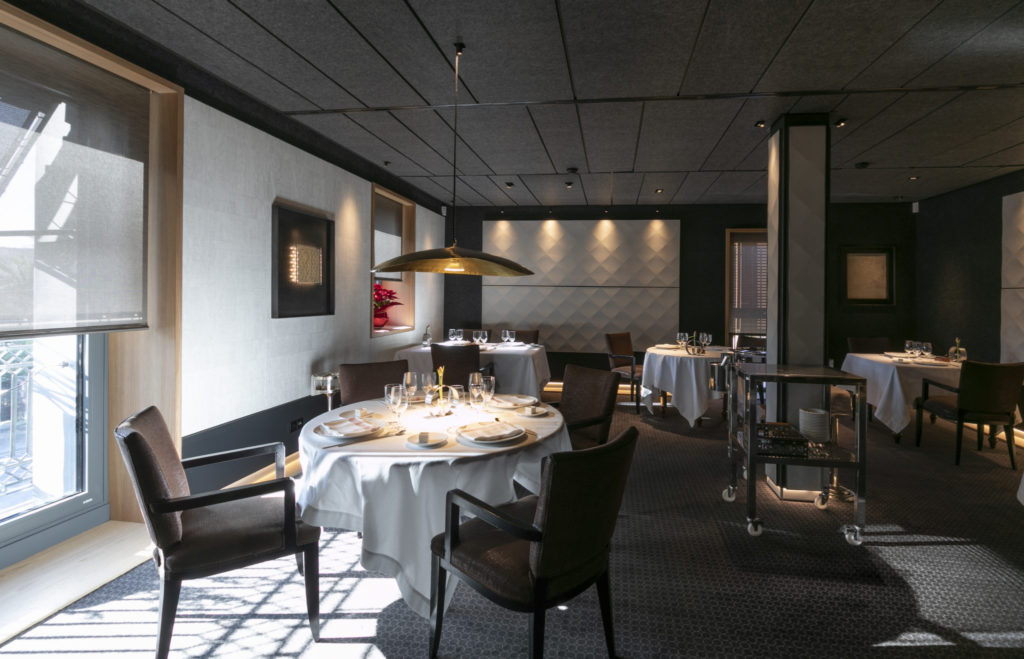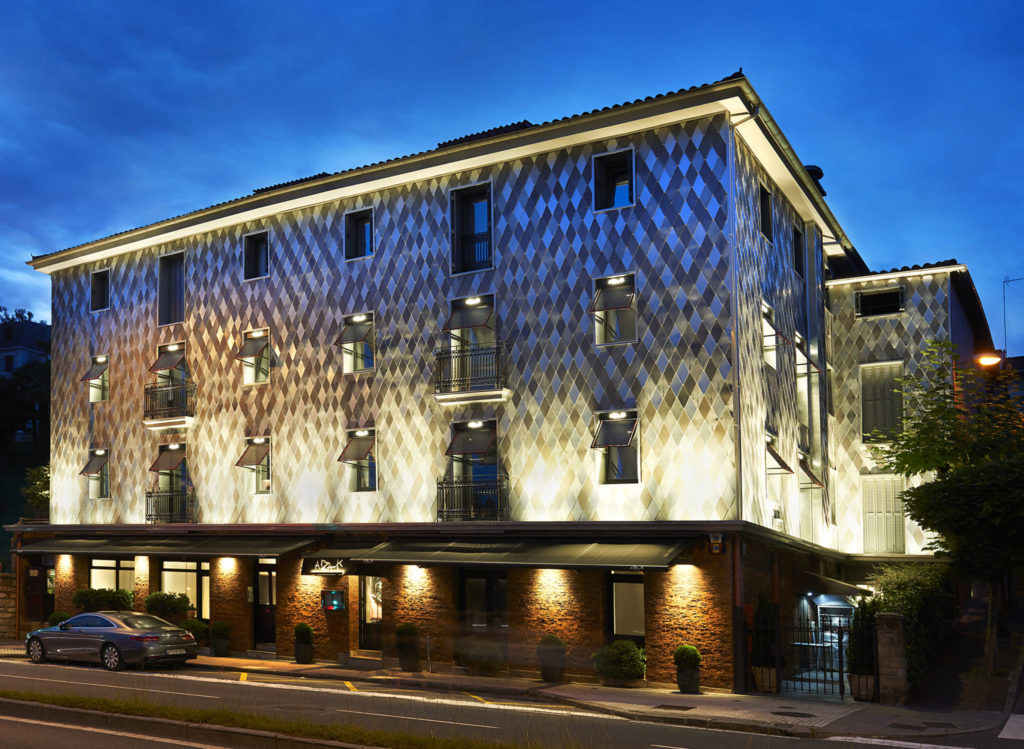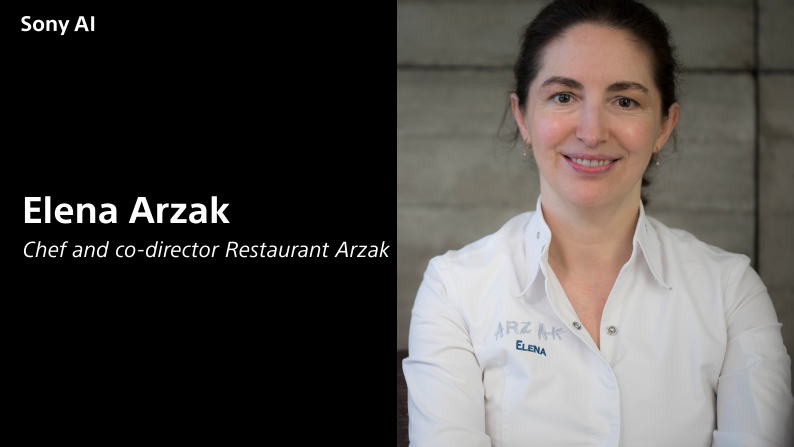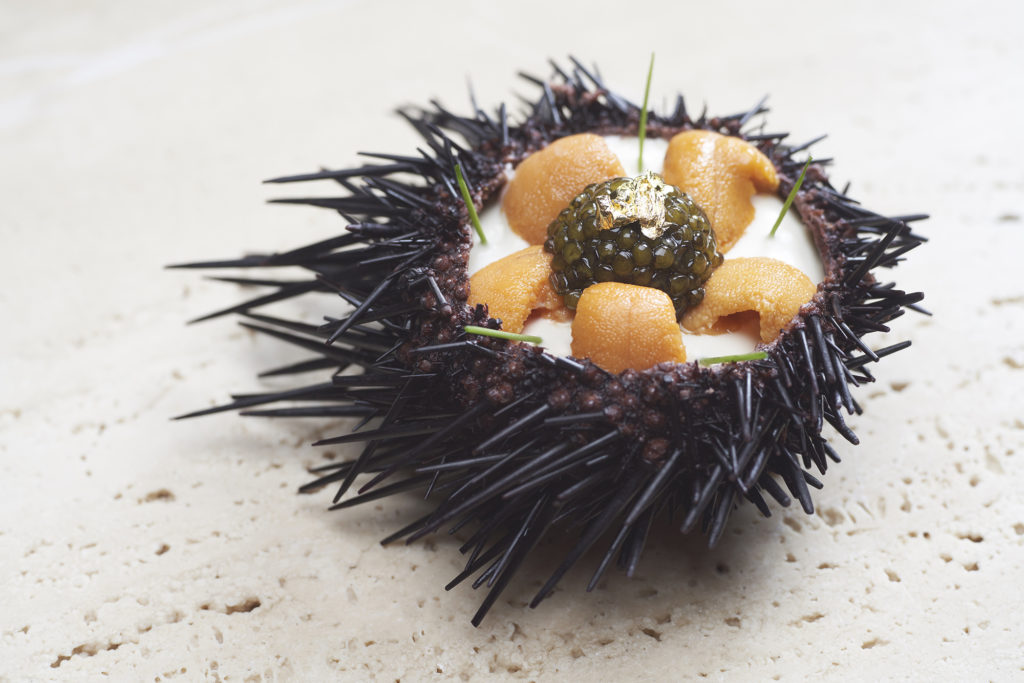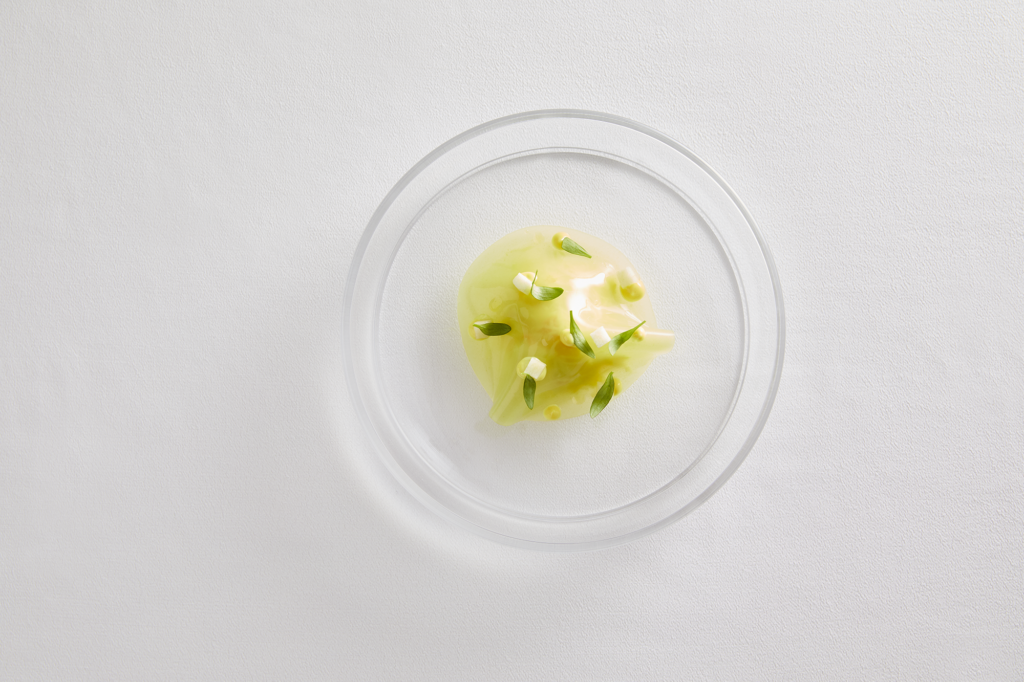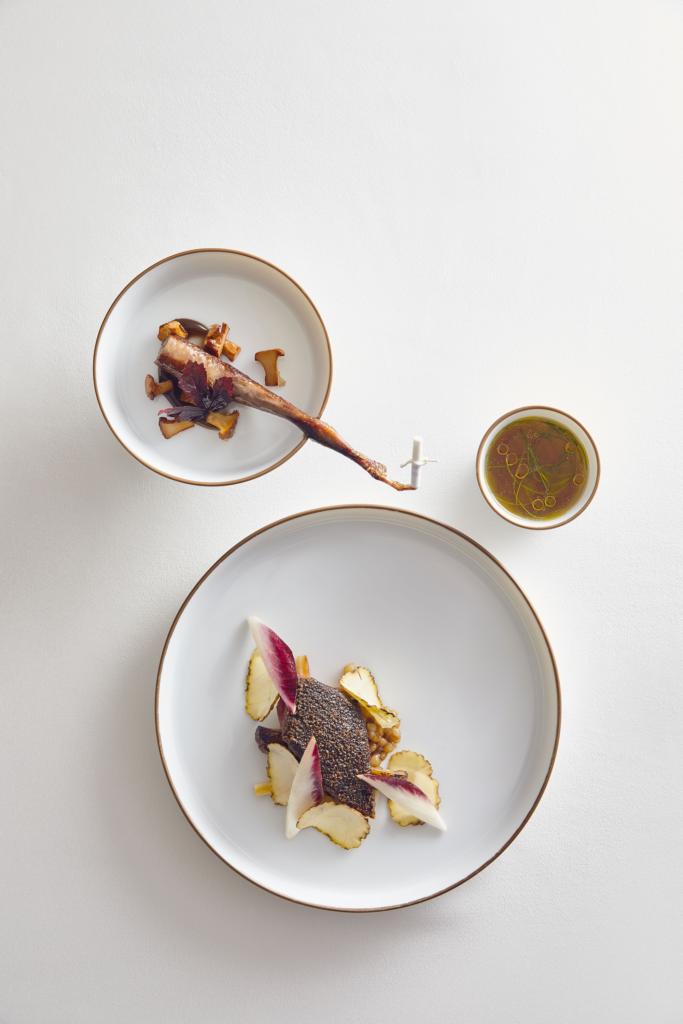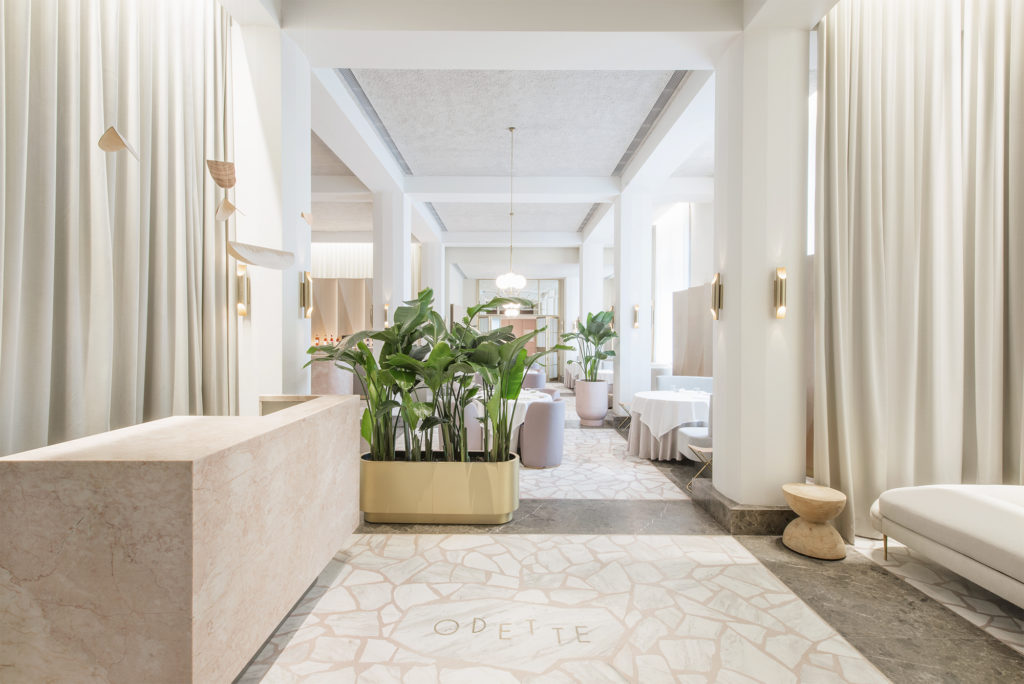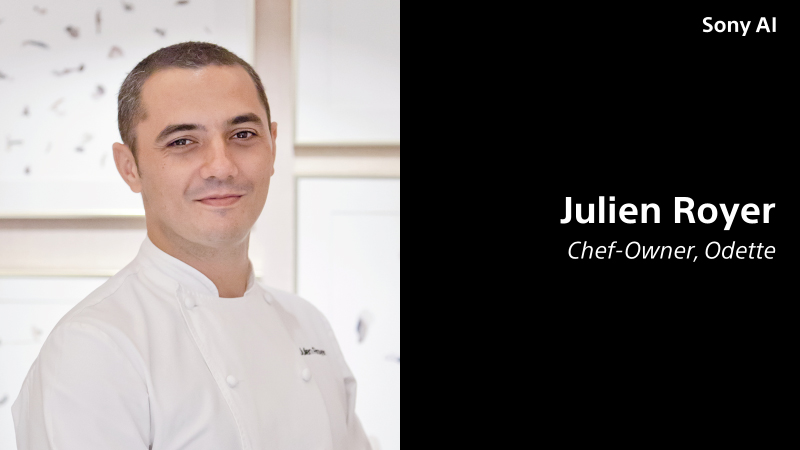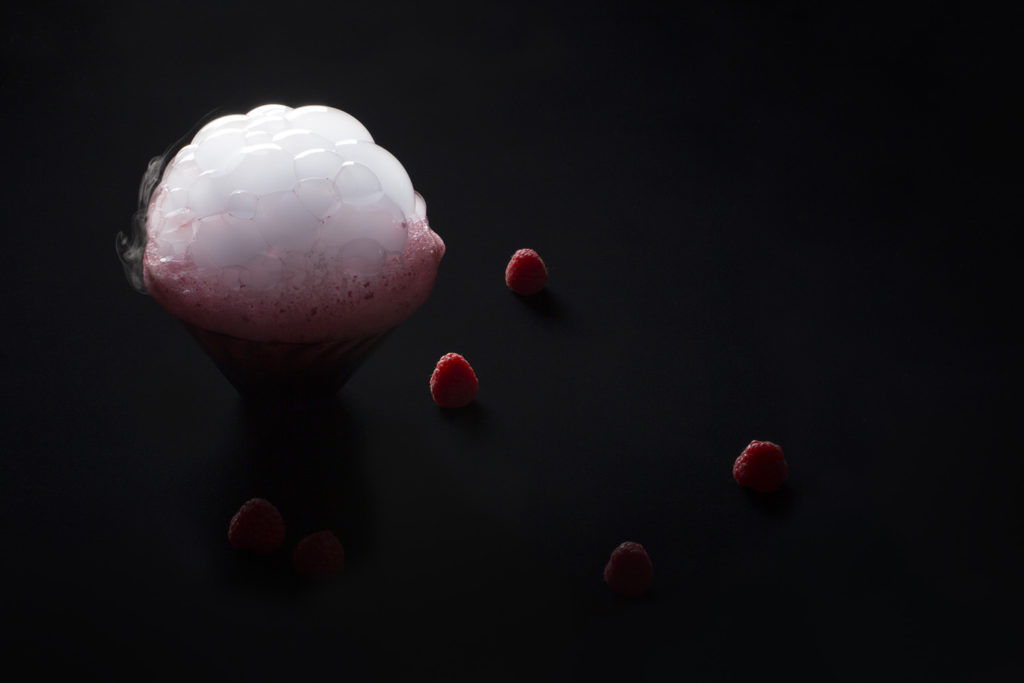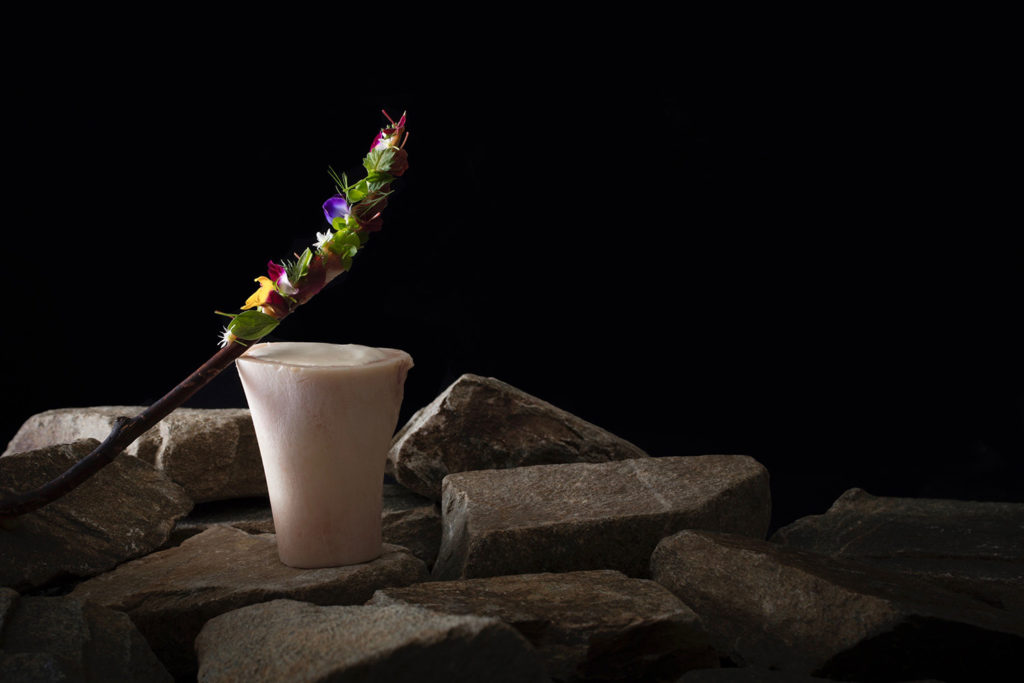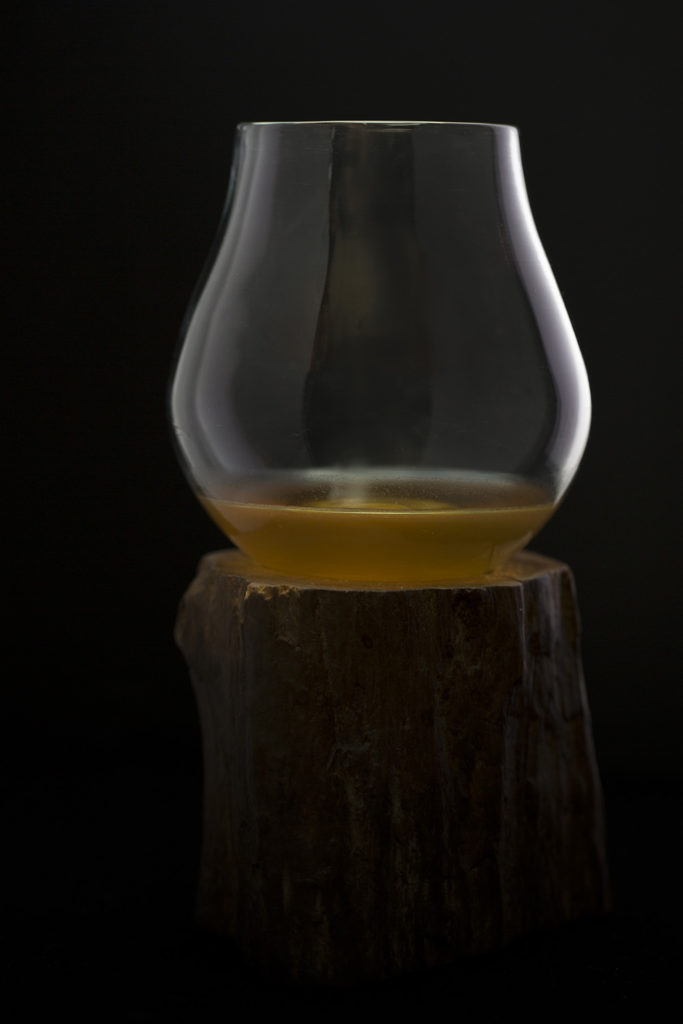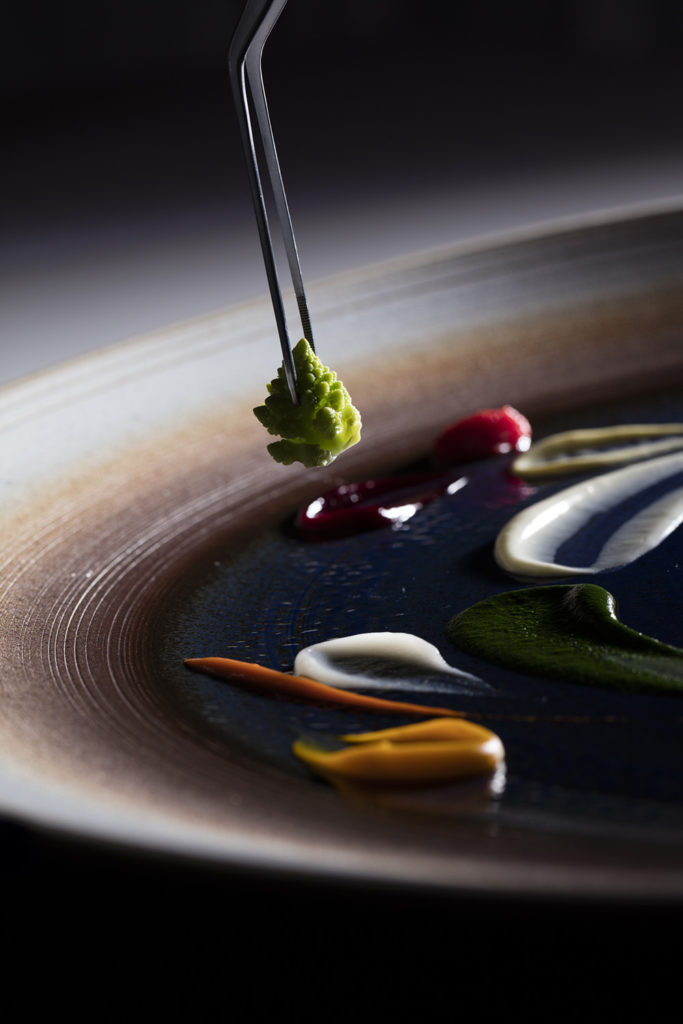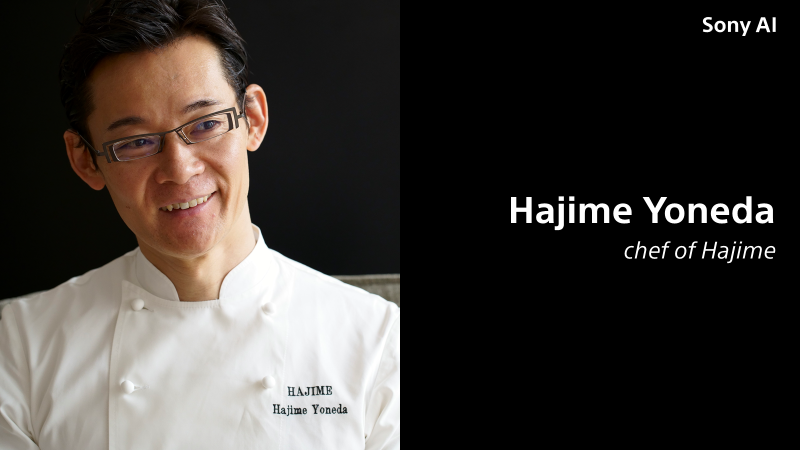Chef Interview Series
During the summer of 2020, Sony AI conducted a series of online interviews with the world’s greatest visionary chefs and professionals in the Gastronomy industry. We wanted to understand how new technologies like AI and Robotics could assist them in achieving even greater creativity and of course how they are operating under the new norm. Here’s what we heard…
François Chartier
François Chartier has an exceptional track record as a sommelier, chef, author, researcher, aromas specialist and more. He is the winner of the Best Sommelier in the World (1994, Grand Prix Sopexa) and Best Cookbook in the World twice (2010 and 2015). He has also created the new aromatic science called “Molecular Harmonies”, based on the aromatic synergy between foods, as between beverages and foods. He's a consultant for many world renowned chefs, including Ferran Adrià of elBulli.
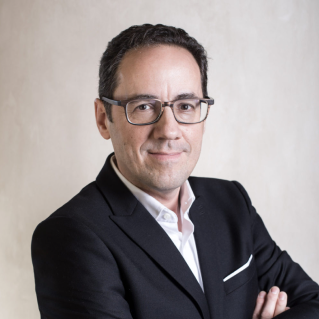
Miguel Torres
Owner & Pastry Chef, El Celler de Can Roca
Mireia Torres
Innovation and Knowledge Director, Familia Torres / Director, Jean Leon
Miguel Torres is the President of Familia Torres, one of Spain’s leading wine producers, with wineries also in Chile, the US, and China. His daughter, Mireia Torres, is the Director of Innovation and Knowledge, and the Director of Jean Leon winery. Mr. Torres is an innovator who has revived ancient Catalan grapes, and who was the first to adopt stainless steel tanks and temperature controlled fermentation in the wine production process. While he now focuses his attention on Sustainability and Climate Change, his daughter pursues the family’s tradition of innovation, in collaboration with startup companies around the world.
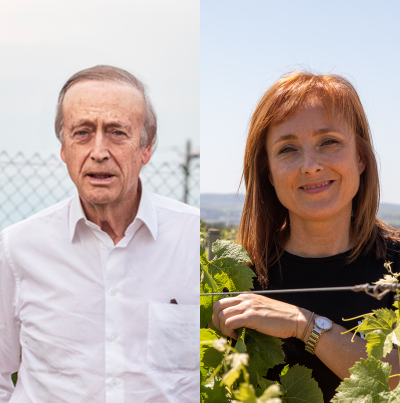
Kuniko Mukai
Master Brewer, Mukai Sake Brewery
Kuniko Mukai, is the Toji or master brewer of Mukai Sake Brewery in Kyoto, which was founded in 1754. After graduating from the Department of Brewing and Fermentation at Tokyo University of Agriculture, she joined the family business and has since lead the entire production and new product development efforts for over two decades. Based on her deep scientific knowledge and approach, she has successfully introduced unique sakes, including her signature “rose” sake, Ine Mankai created from ancient red grains. Ine Mankai has been served at NOMA Copenhagen, Narisawa, and many renowned restaurants.
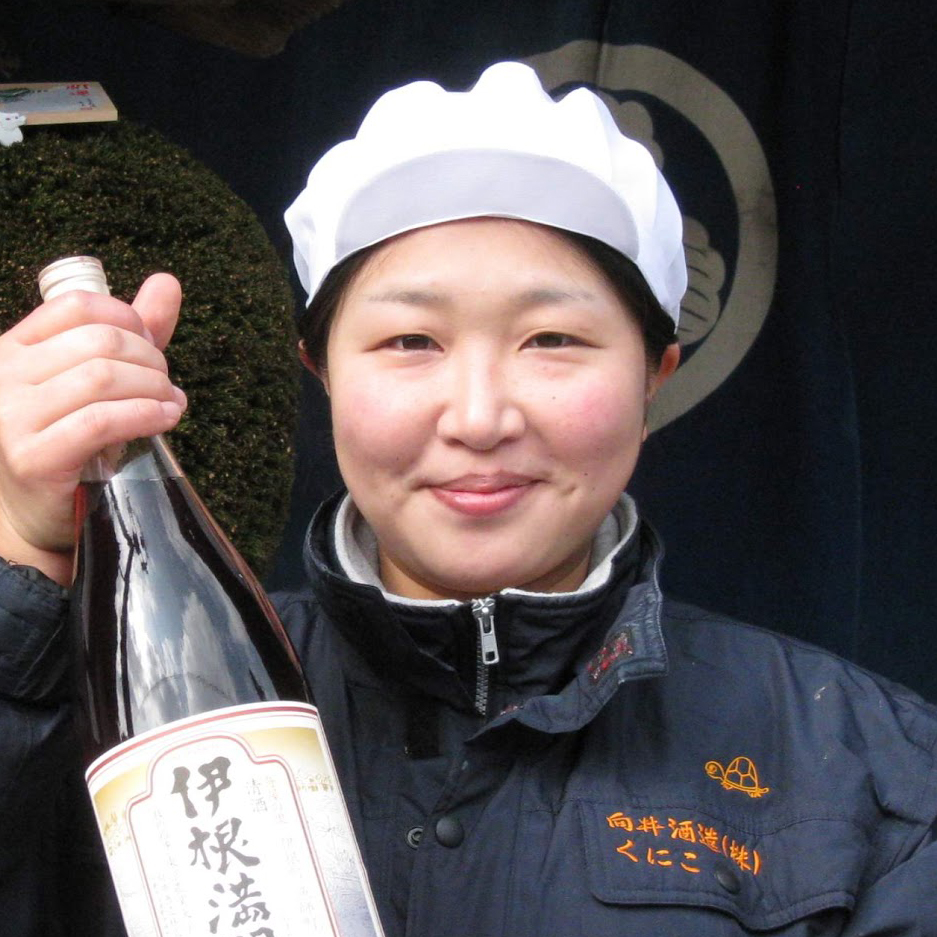
Jordi Roca
Owner & Pastry Chef, El Celler de Can Roca
Jordi Roca is the youngest of the Roca brothers, a co-owner of 3 Michelin star restaurant, El Celler de Can Roca, and in charge of pastry. He is the owner of ice cream parlor, Rocambolesc, Chocolate store, Casa cacao, and its hotel, Casa cacao hotel. He captures the essence of the ingredients, and use aroma as a source of inspiration on his dessert. While collaborating with his older brothers, his independent projects focus on inclusivity and accessibility of the dessert to those who have lost sense of smell, or simply for more people to enjoy the art of pastry at affordable price.
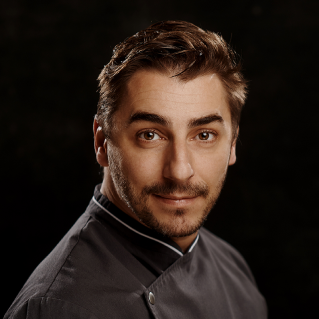
Jodi Roca Interview
Creative Process
My creative process is very abstract, the idea can come from many places: a landscape, a color, a story, a goal, a memory, a perfume… The most important thing is what these stimuli represent for me. For example, with the La Pineda dessert, the idea comes from reproducing the landscape and the aromas of a Mediterranean forest: pine honey, rosemary, thyme, oregano, pine nuts… I thought about it when I started getting into the habit of walking through the forest every morning. It is a moment of peace and retreat in which I organize my day.
I don't have a specific tool or a detailed process for this. I also don't impose a schedule on myself to get new ideas. I prefer not to force this work, but at the same time I try to make it like a game. Normally, I remember the things that come to my mind while I'm working in the kitchen. I've tried many times to write down my ideas in a notebook and create the discipline to put them into practice once a week, but it's impossible, I'm not disciplined enough for this.
Innovation through Collaboration
Andreu Carulla is a designer and longtime collaborator of the restaurant. We were given the opportunity to design a dessert based on a shape – with the premise that the shape could only be made with a 3D chocolate printer. To picture this, imagine the shape of a cocoa pod inside another pod that opens up when you pour hot chocolate on it, and you discover a dessert inside that was inspired by the aromas of fresh cacao: lychee, soursop, jasmine…
The most interesting thing about working with people like this is that you’re always learning. With every collaborator, the conclusion I draw is that each point of view is always positive and complementary, but it takes a purpose – an end goal – to make the interaction productive and not a competition of egos.
I am now excited about the chocolate work we do at Casa Cacao. For example, the last dessert we served at El Celler de Can Roca was a dessert with goat milk chocolate, made from cocoa beans from Ecuador that we selected ourselves. We made a very light cream with this chocolate and accompanied it with some shots (sort of spherifications) of goat cottage cheese and a patchouli ice cream. This resulted in a very special combination that for me displays and re-locates the animal part of goat milk.
Science & Technology
The dialogue with science has allowed us chefs and pastry chefs to understand the objective part of the culinary process and be able to mold it and adapt it to our needs. This has been absolutely essential to provoke the culinary revolution that has been experienced in recent years. The dialogue with science has opened up possibilities for us by incorporating the scientific method.
Technology per se has always been there: microwaves, scales or mixers… However, technology developed in other fields has served to advance us. I am talking about adaptations of gadgets such as the Roner (a thermostat that allows you to maintain a constant temperature, between 5o and 100o C, for cooking in a water bath) and the smoke pipe or the Rotaval (an instrument that uses low temperature distillation of solids using a vacuum pump). They were tools that existed already, but not for their current purpose in cooking, and they were adapted to our needs.
AI & Robotics
I actually know little about AI but, from what I have been able to read, it seems that algorithms can be made that will achieve any task, even at a creative level, much faster and with higher complexity than any human brain… even learning very fast with millions of calculations per second. AI has been used to evolve musical
compositions. My thinking is: if it can be done with music, it can be done with flavors, because at the end of the day it consists of harmonizing a score or an aromatic chord.
I think the challenge is in the story, in the truth, and in the intimate reasons that determines one human creation from another: understanding and communicating the story behind, what you want to tell, the emotion that accompanies the creation… that is difficult for an algorithm. Another challenge is, what will become of the people that the AI displaces in their profession; what will become of the chefs, what will become of the creators? To what are they going to dedicate their career if their work has become useless? It is a question that only time will answer.
Without a doubt, AI and robotics are becoming integrated into many aspects of our daily lives. They are tools that we should use to make things easier and more efficient, but using algorithms to create recipes scares me a little… it substitutes the human figure in a job that goes beyond feeding; it is a job that is about caring, listening, being hospitable.
Some time ago, at the Madrid Fusión congress, the journalist Pau Arenós presented the concept of ‘techno-emotional’ as a way of integrating technology to achieve emotion. It is an idea with which I can identify, and one that defines very well how I think the future of technological gastronomy should be: one in which machines and algorithms help us to work, but in which people are the ones who add the emotion.
The Future of Gastronomy
This pandemic has accelerated many changes that were about to occur, from food delivery to the normalization of video conferencing. At our restaurant, it has changed the landscape of our banquet business, which we have developed in response.
Home delivery and ghost kitchens lead to the normalization of jobs with precarious salaries. The better side to this trend is that there will be more specialization within these new kitchen premises… The restaurants that survive will be more authentic.
We are in a period of rethinking many things: the way we relate to each other, to work, to leisure… a new reality has exploded in our faces. But, with an open attitude and the willingness to adapt to change, we will be able to prevail and grow.
The challenge is to reconnect chefs with the natural pulse of their environment, to strengthen the value chain and thus make a healthier and more sustainable cuisine.
Rosa Vañó
Head of Marketing & Sales, Castillo de Canena
Rosa Vañó is the Head of Marketing and Sales at Castillo de Canena, a premium olive oil producer in Jaen, Spain. Castillo de Canena supplies customized olive oils to Michelin-starred restaurants around the world, and distributes its products in 50 countries. Rosa joined her family business after years of experience in executive level positions at world-class consumer brand companies. Her mission is to create olive oils that drive chefs’ creativity and meet the demands of diversifying cooking scenes.
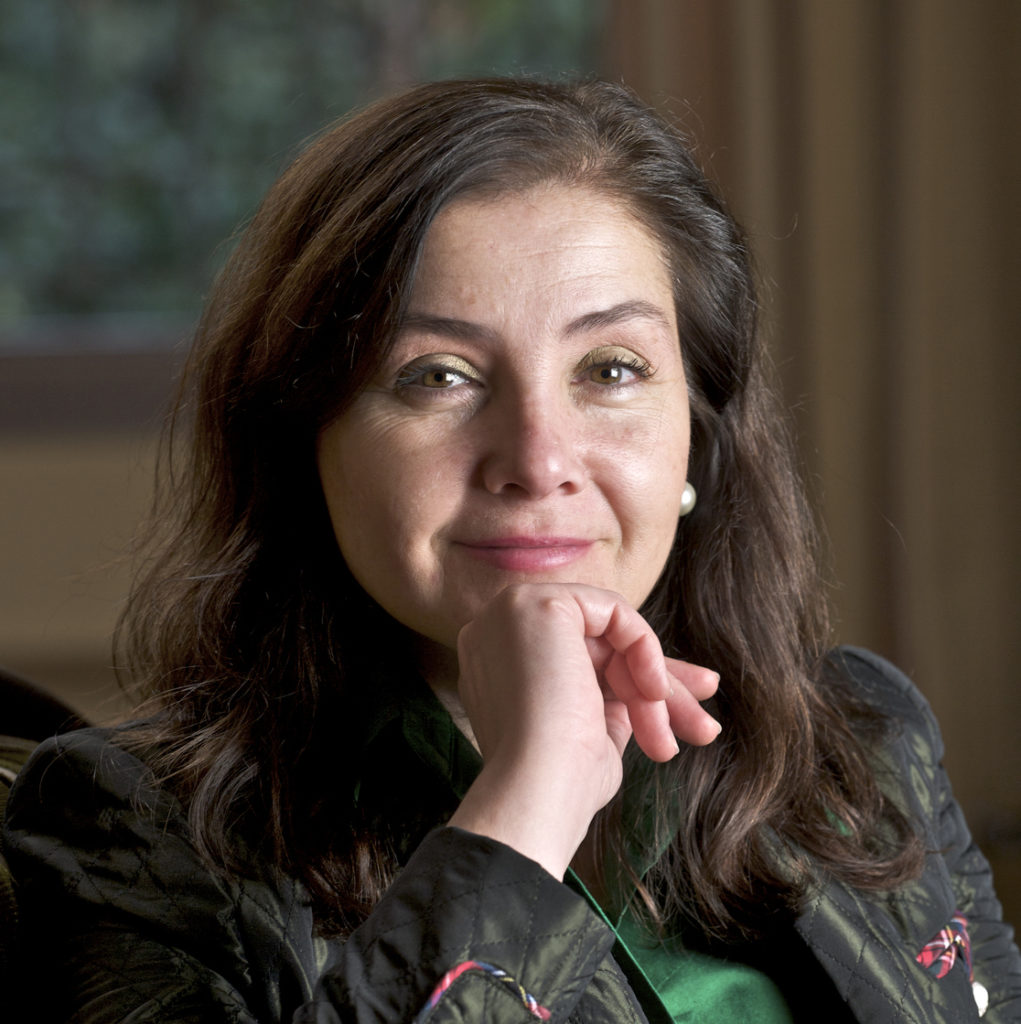
Ryohei Hayashi
Owner & Chef, Tenoshima
Ryohei Hayashi is owner and chef of a modern Japanese restaurant in Tokyo, Tenoshima, which he opened in 2018 after working under Yoshihiro Murata at Kikunoi, one of the top Kaiseki restaurant and chefs in Japan for 17 years. He named his new restaurant as omage to Teshima, a small island in the Shikoku region where Hayashi’s family comes from. Hayashi is interested in elevating the awareness of traditional and regional Japanese cuisines and ingredients that people even within Japan may not be familiar with and extending their reach globally. His ultimate goal is to redefine Japanese cuisine and expand its potential.
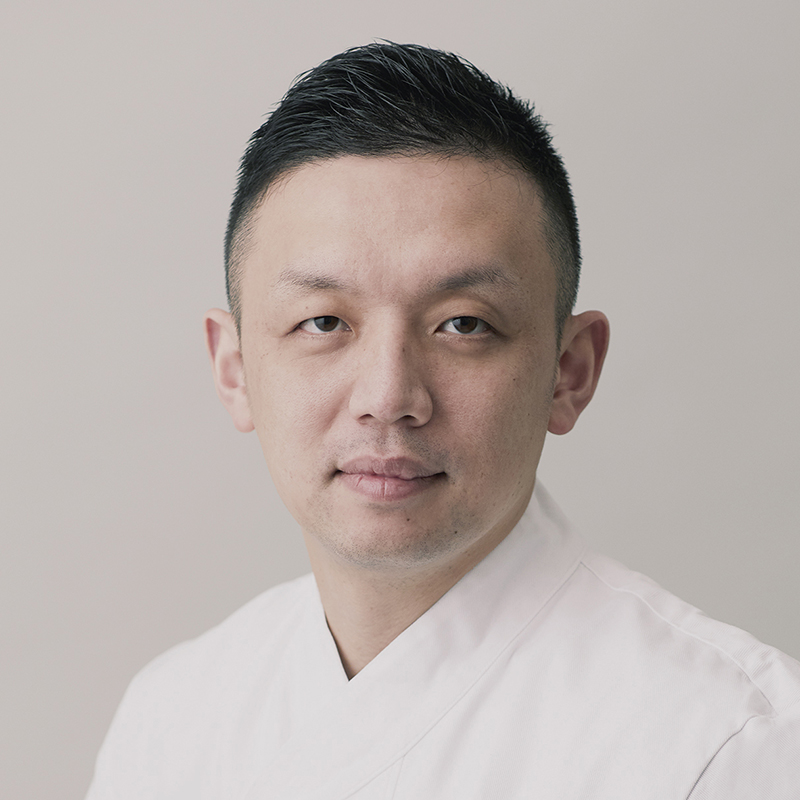
Toni Massanés
Managing Director, Alícia Foundation
Toni Massanés, Director of Alícia Foundation - responsible food lab, is a chef, researcher, and food writer who has travelled extensively to learn about culinary cultural traditions from around the world. In Alícia, he leads a transdisciplinary team of chefs, technologists, nutritionists, biologists, social scientists, and food culture experts, in initiatives to generate knowledge in all technological aspects related to food and cooking. Alícia’s methodology combines creativity with scientific rigor and Design Thinking, to invent 21st century people’s daily meals in a healthier, tastier, and more sustainable way. The methodology also promotes wellbeing and social inclusion, especially in nutrition-related non communicable diseases.
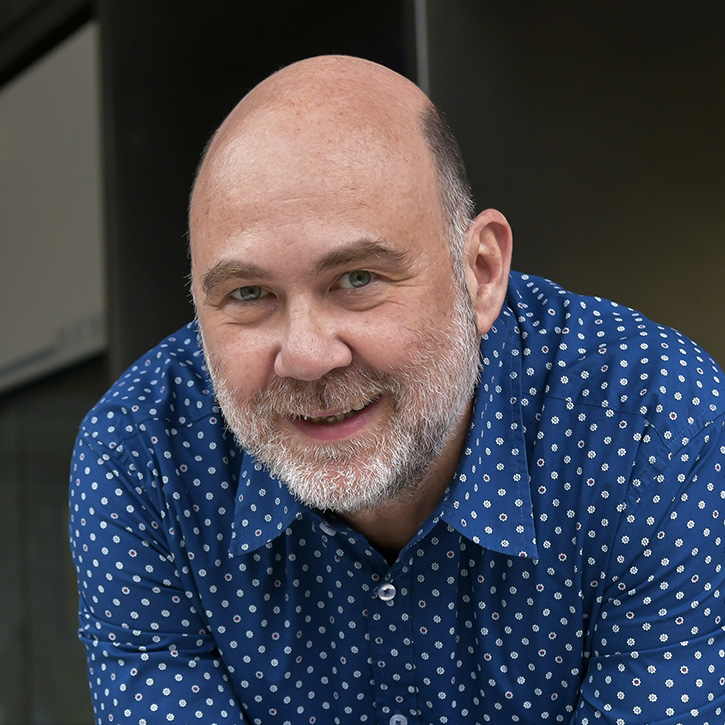
Josep Roca
Owner & Sommelier, El Celler de Can Roca
Josep Roca, co-owner sommelier of El Celler de Can Roca, the middle brother of the Roca brothers. The restaurant has been receiving three Michelin stars since 2009, and was ranked 1st in Best Restaurants in the world in 2015. Despite Josep being recognized as the best European sommelier in 2005, the AIG PRIX best sommelier in 2010 and the Art of Hospitality Award 2017 at The World’s 50 Best Restaurants, he identifies himself as a waiter and works to sheds light on servers that create experiences for guests. Rethinking wine pairing from the emotional intelligence, promoting young winemakers and sustainability in winemaking are a few of his remarkable contributions in the wine community.
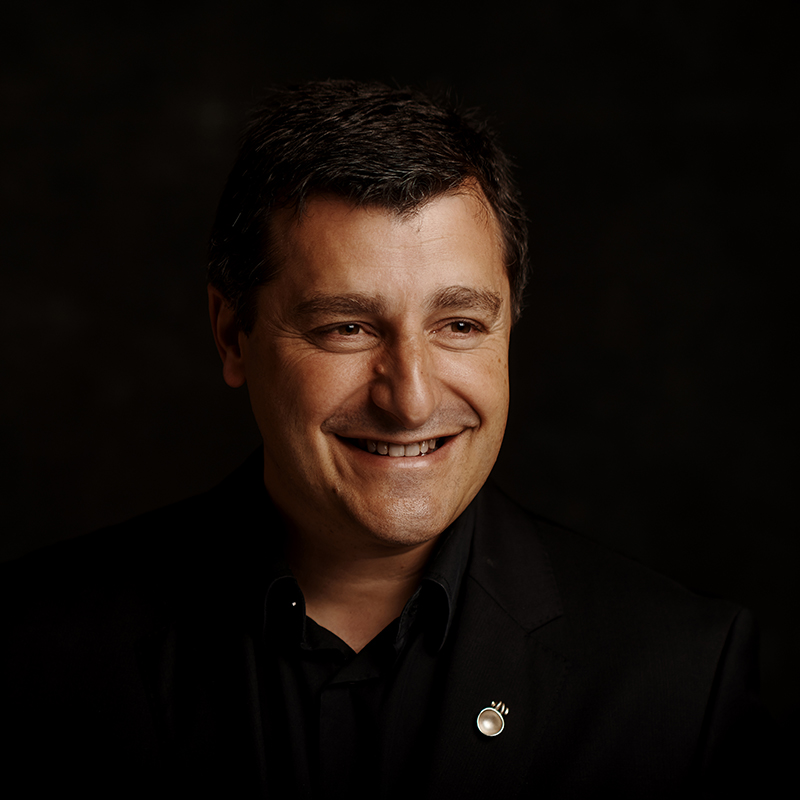
Eneko Atxa
Owner & Chef, Azurmendi
Eneko Atxa is the owner chef of a three-Michelin-stars restaurant Azurmendi in Bilbao, Spain and it was awarded twice as the Most Sustainable Restaurant from The World's 50 Best Restaurants. Born in Basque Country, Eneko has a deep connection to the land, community, and local producers that brings him inspirations. He has developed and shared his knowledge, cuisine and creativity at Azurmendi and at ENEKO restaurants around the world. Wellness and sustainability are the foundation to his work, and the research lab Jaki(N) in Azurmendi is dedicated to use cooking to achieve a more sustainable, healthy, and just future.
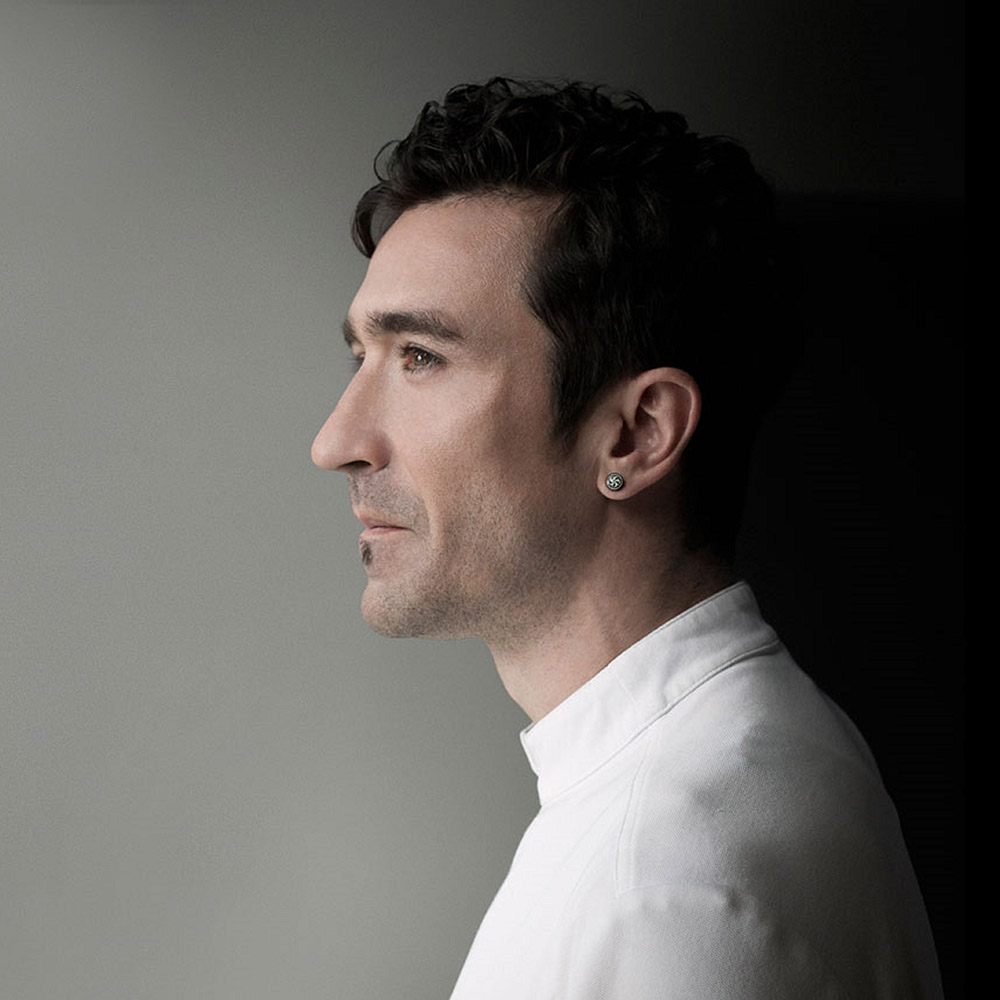
Melissa Coppel
Founder & CEO, Melissa Coppel Chocolate and Pastry School
Melissa Coppel, chocolatier and the CEO founder of Melissa Coppel Chocolate and Pastry School, is renowned for her unique flavor compositions and the beautiful aesthetic of her desserts. For her, mastery and knowledge are things to be shared with others; she has created a highly inclusive and diverse community of aspiring chocolatiers and pastry chefs worldwide. Her style of boldly challenging conventional wisdom propels her to continue to innovate, and inspire the next generation of chocolatiers and pastry chefs.
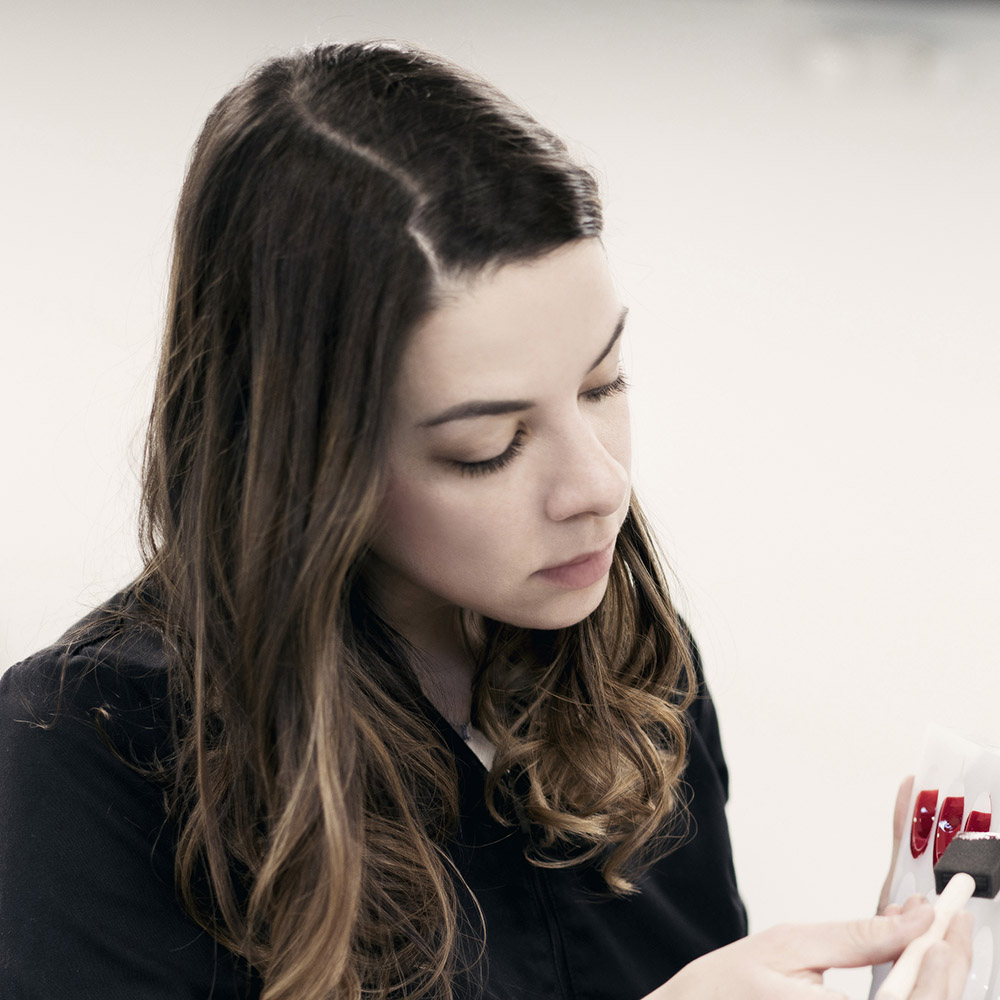
Eduard Xatruch, Mateu Casañas & Oriol Castro
Owners & Chefs, Disfrutar and Compartir
Eduard Xatruch, Mateu Casañas, and Oriol Castro are the co-owner chefs of restaurants Disfrutar in Barcelona and Compartir in Cadaqués, both in Catalonia, Spain. Disfrutar holds two Michelin stars since 2017. After meeting each other at the creative team in El Bulli, the three have continued their collaboration ed for over two decades. Their work style has been described as “one person with six eyes, six hands, and three brains” and are often seen as the front runners leading the new generation of gastronomy.
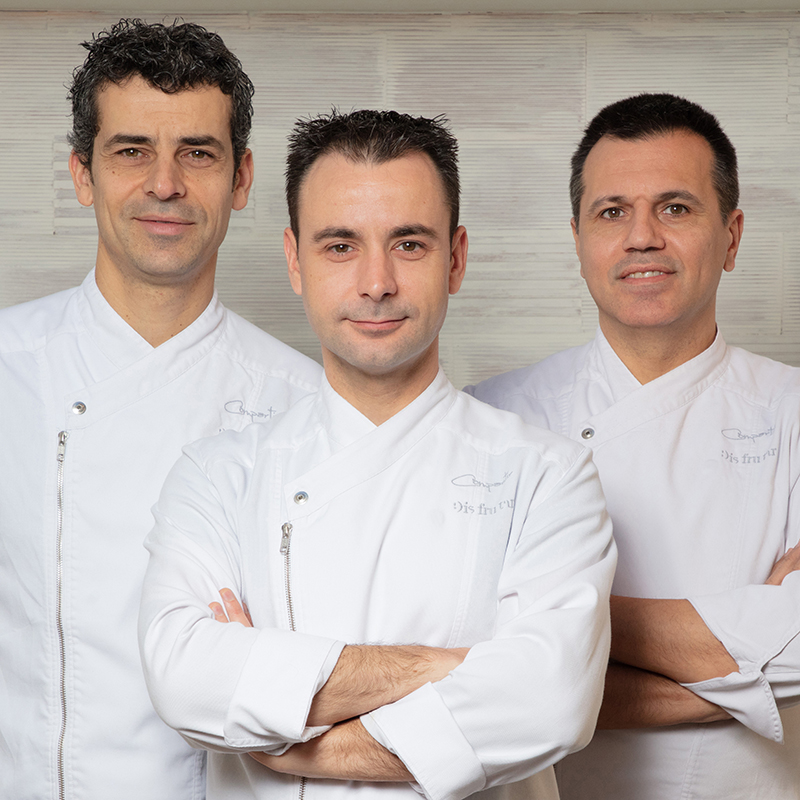
Joan Roca
Owner & Chef, El Celler de Can Roca
Joan Roca, is the head chef and co-owner of El Celler de Can Roca along with his brothers Josep and Jordi. The restaurant has continually received three Michelin stars since 2009, and Joan himself has topped The Best Chefs Award in 2018. While respecting the tradition of Calatan cuisine, Joan approaches cooking with avant-garde techniques to heighten the flavorful, sensory experience for the customers.
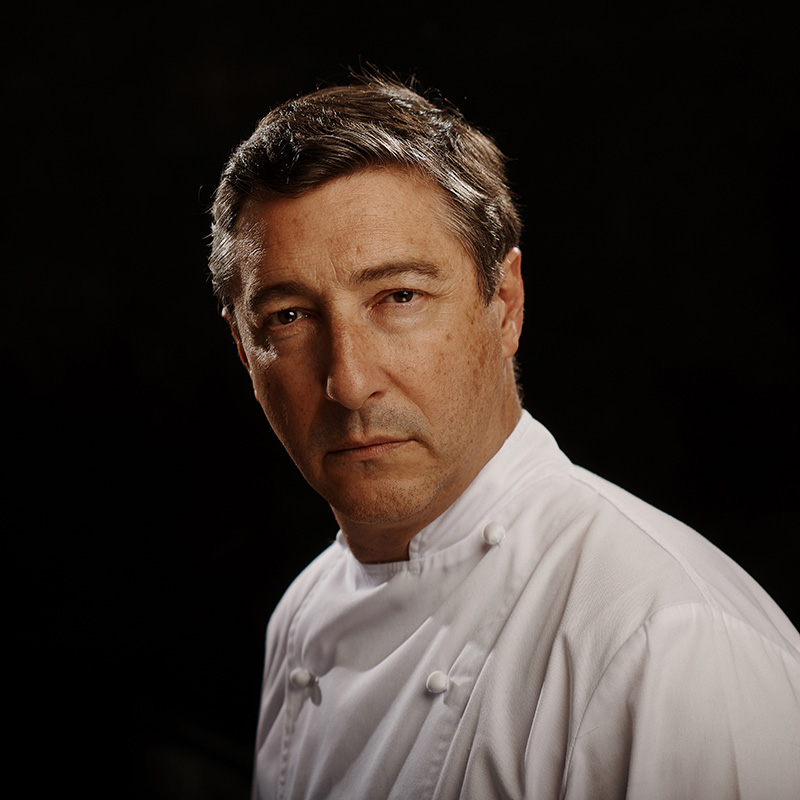
Andoni Aduriz
Owner & Chef, Mugaritz
Aduriz is owner chef of Mugaritz restaurant.Mugaritz has been considered as one of the best restaurants in the world for the last decade. Mugaritz holds two Michelin stars since 2006 and its proposal seeks to awaken the creativity of diners, feeding the mind and not just the mouth. He focuses on creating a multi-sensory, provocative and unexpected dining experience by collaborating with researchers in fields of neurolinguistics, music, and more.
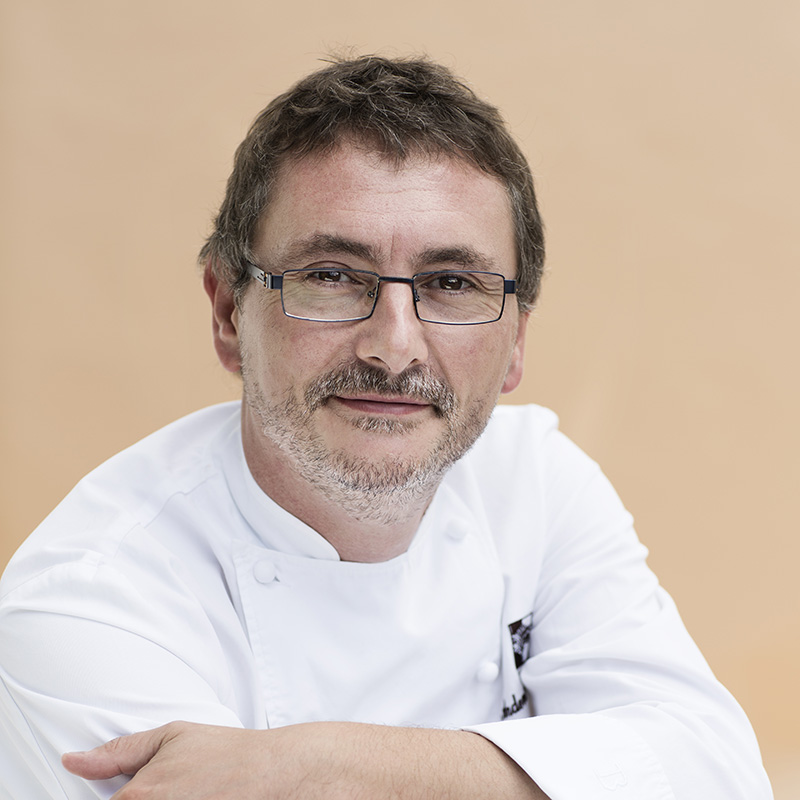
Elena Arzak
Chef and co-director Restaurant Arzak
Elena Arzak, chef of three Michelin starred restaurant Arzak alongside her father, Juan Mari Arzak, is the heiress of an extended cook tradition that started four generations ago. Named as the Best Female Chef in the world in 2012, Elena defines her cuisine as singular, Basque, evolving, research-based, and avant-garde. Furthermore, she proudly leads the Arzak Lab, a “development kitchen,” where the Arzak team has more than 1,500 different ingredients to inspire and create new recipes.
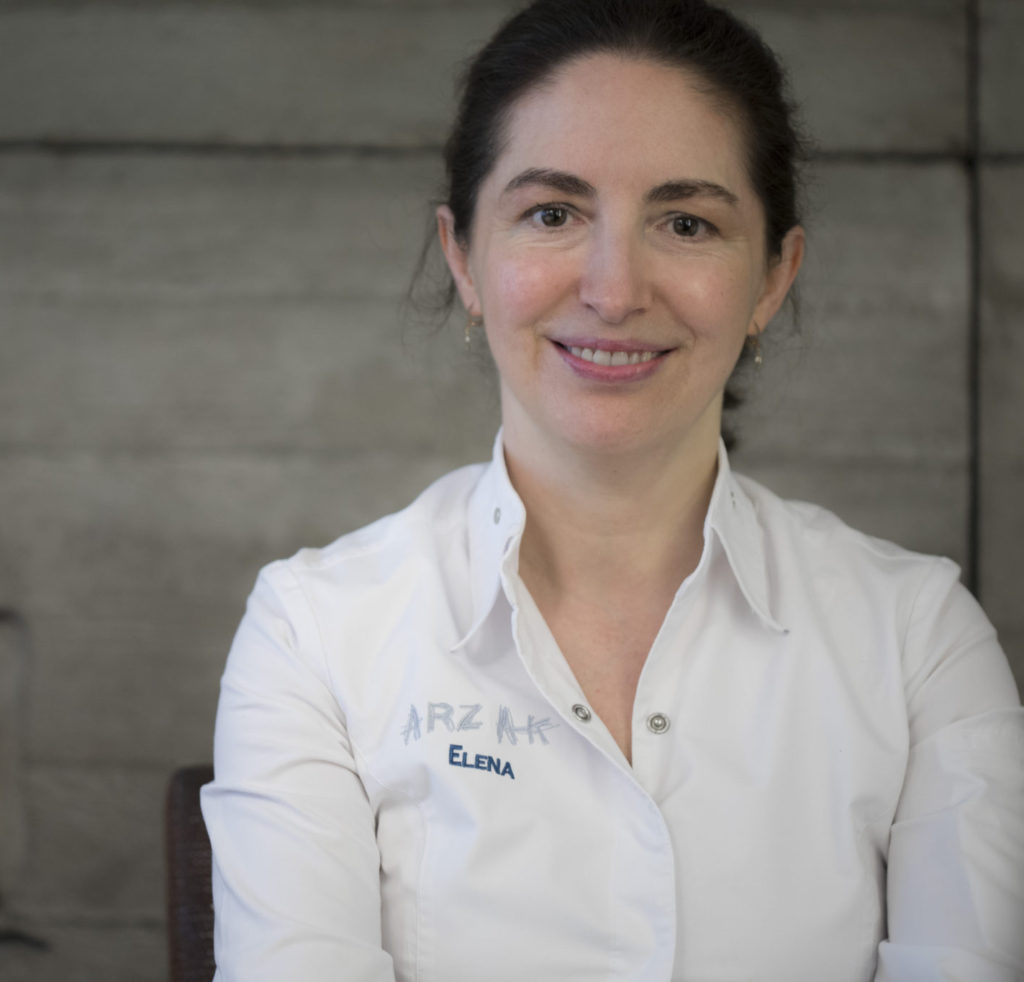
Julien Royer
Chef-Owner, Odette
Julien Royer, born into a family of fourth-generation farmers in Cantal (France), is the Chef-Owner of three Michelin-starred Odette in Singapore and founder of one Michelin-starred Louise in Hong Kong. His culinary approach, which remains French in its DNA and infuses a sense of place through his years in Asia, is guided by his lifelong respect for seasonality, in-depth knowledge and keen sensibilities of product, technique and taste.
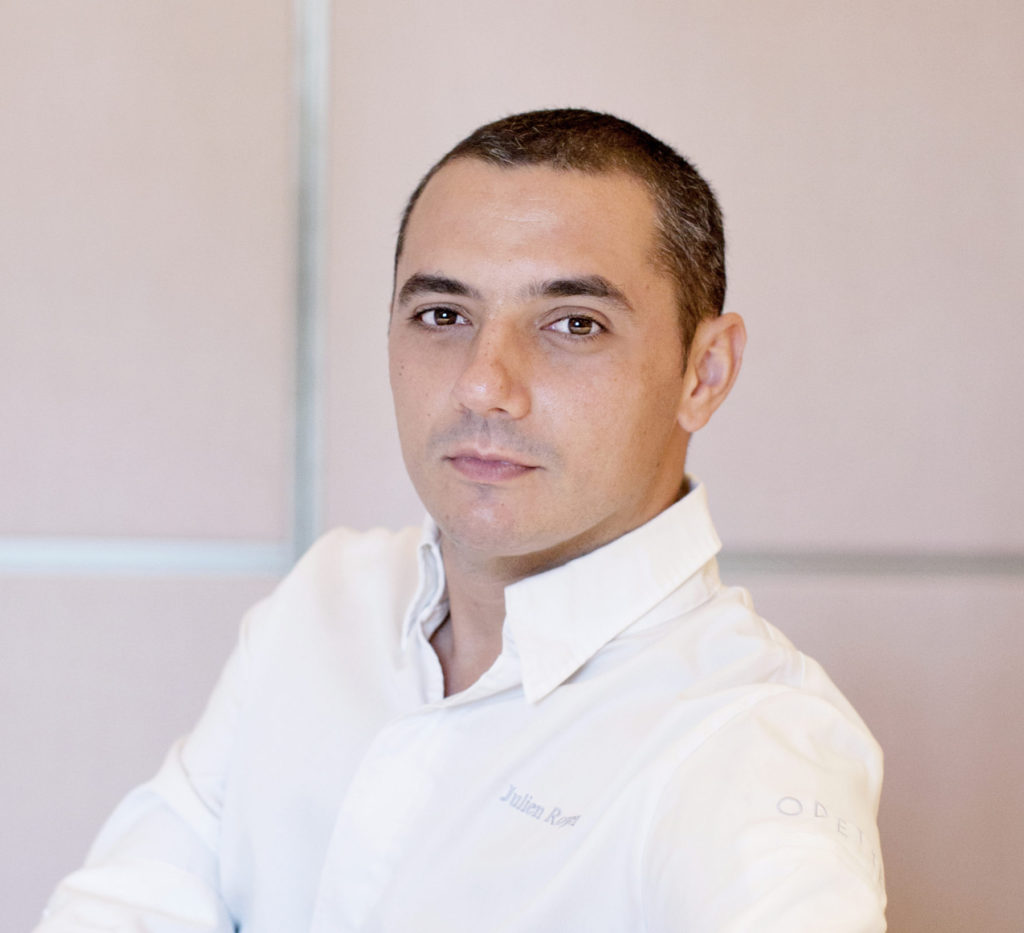
Hajime Yoneda
Owner & Chef, HAJIME
After graduating from university and working as an engineer in the IT industry, Hajime decided to enter the field of Gastronomy. He set the world record of getting three Michelin Star only after 1.5 years since opening his restaurant. He has received The Best Chef Awards Asia No.1 and “100 chefs au monde,” which is given to the world’s top 100 chefs. He continues to pursue challenges in various fields through his vision is “to contribute to the future of mankind through Gastronomy.”
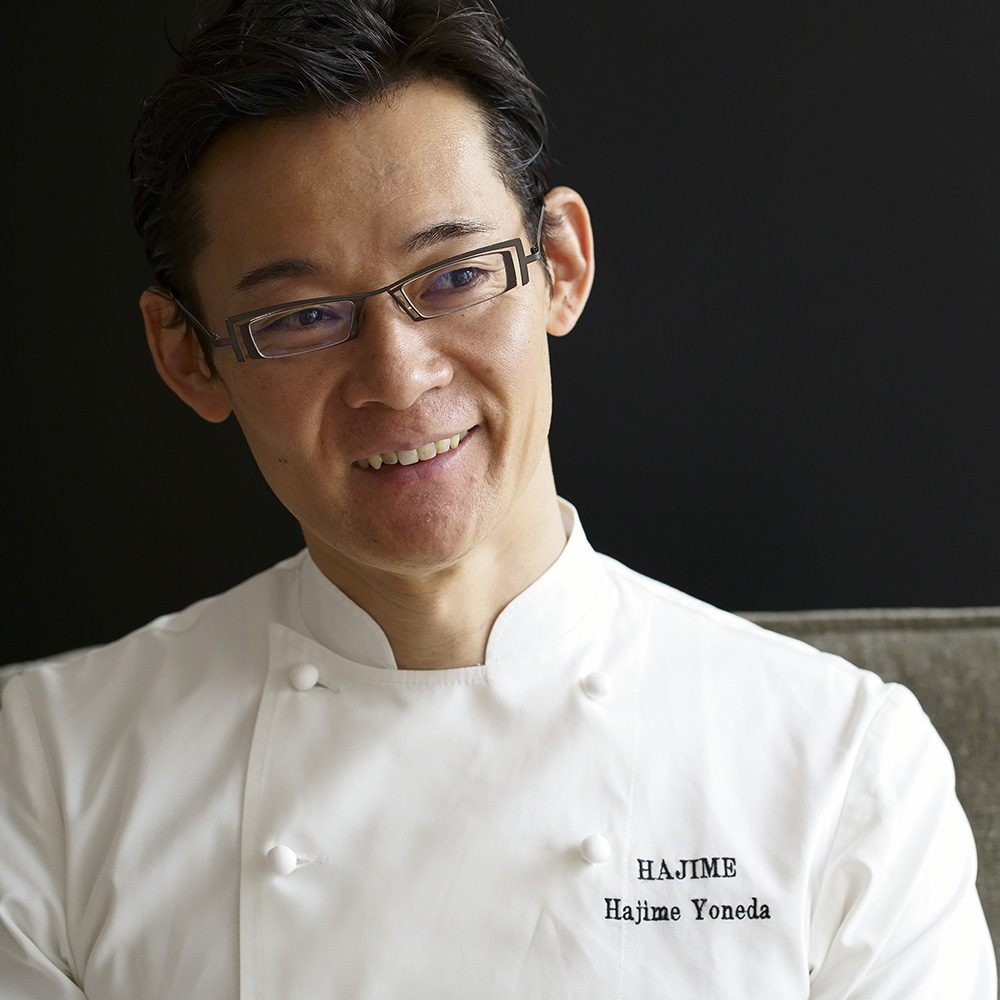
JOIN US
Shape the Future of AI with Sony AI
We want to hear from those of you who have a strong desire
to shape the future of AI.

